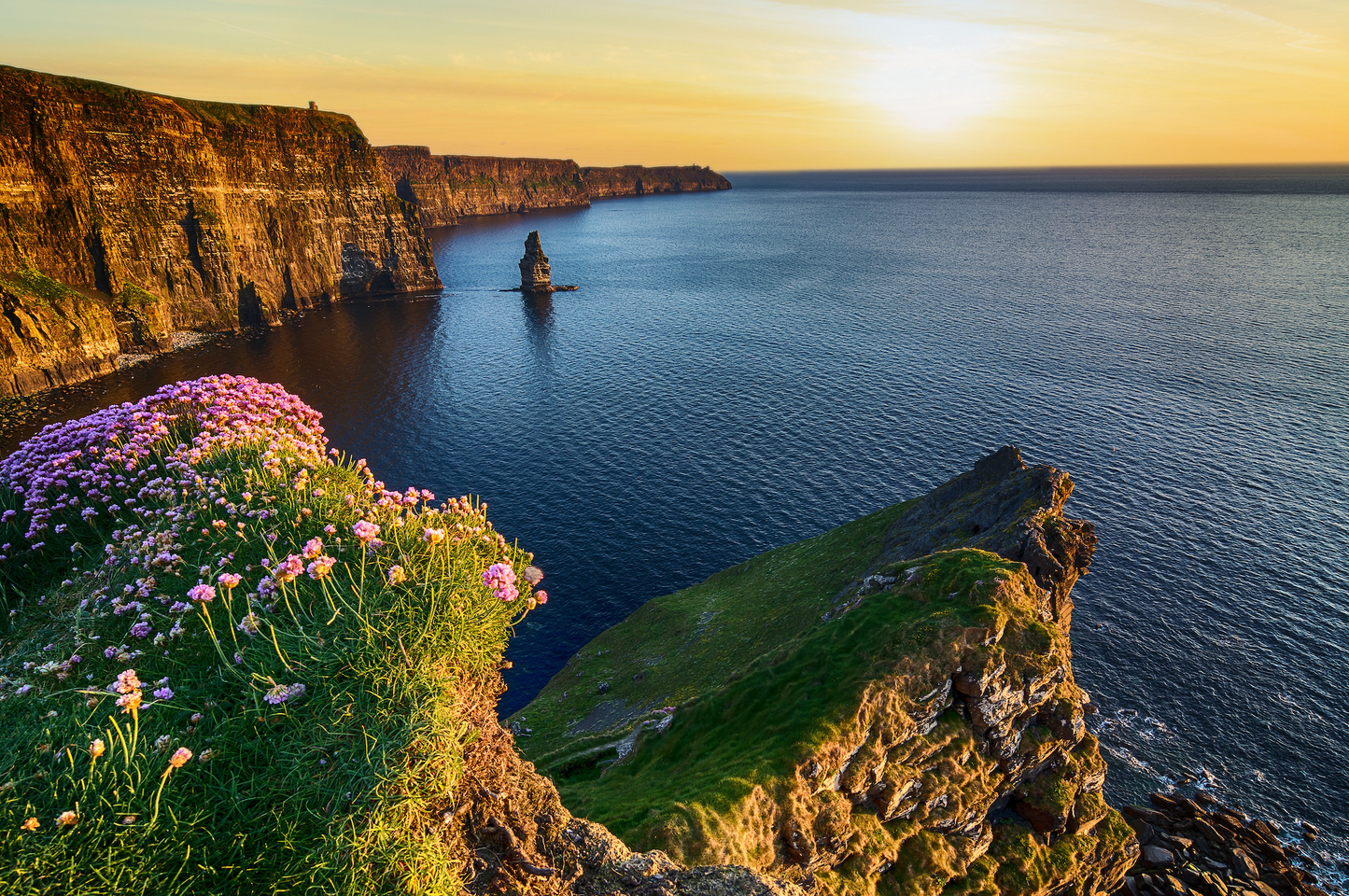
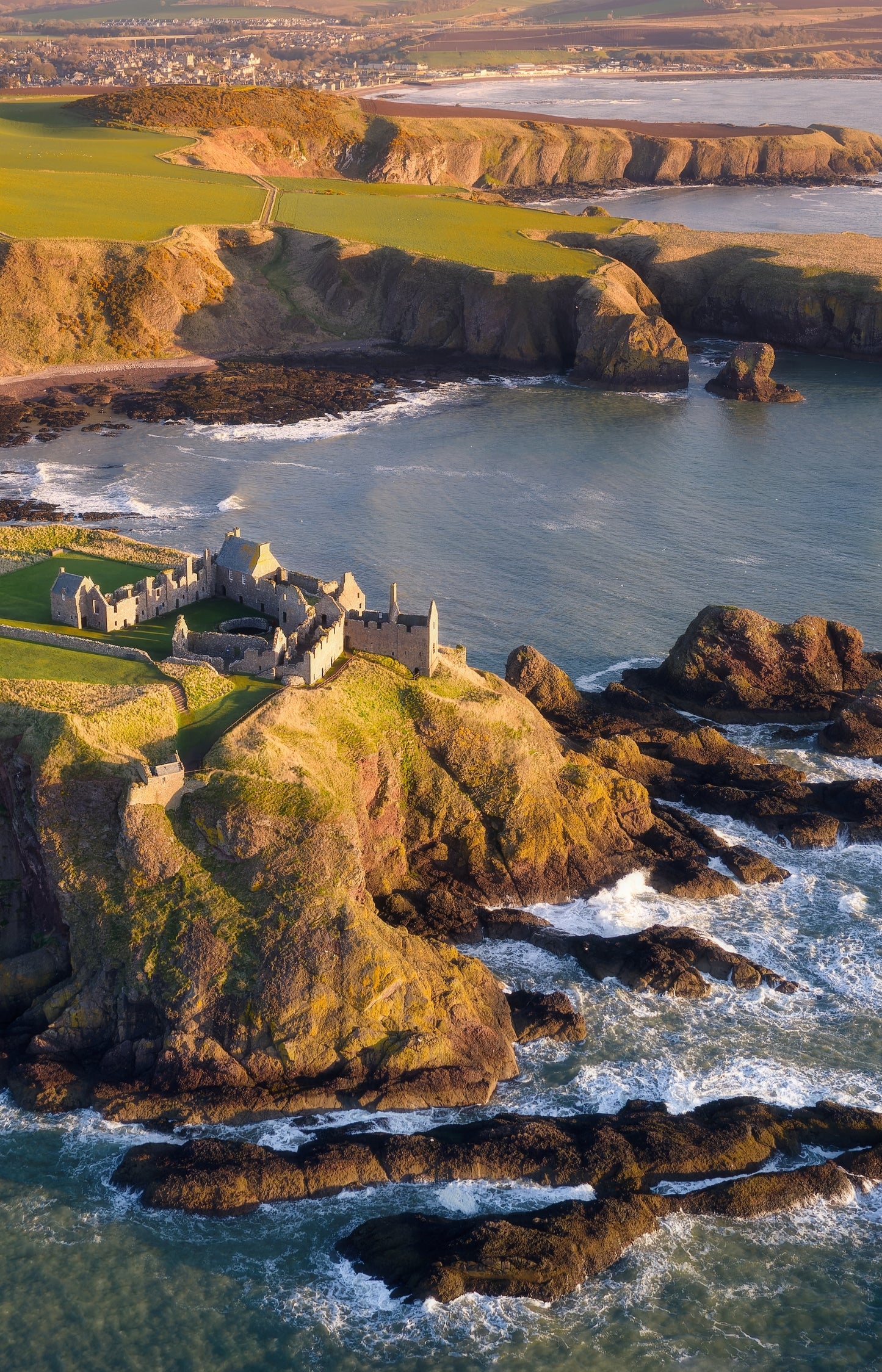
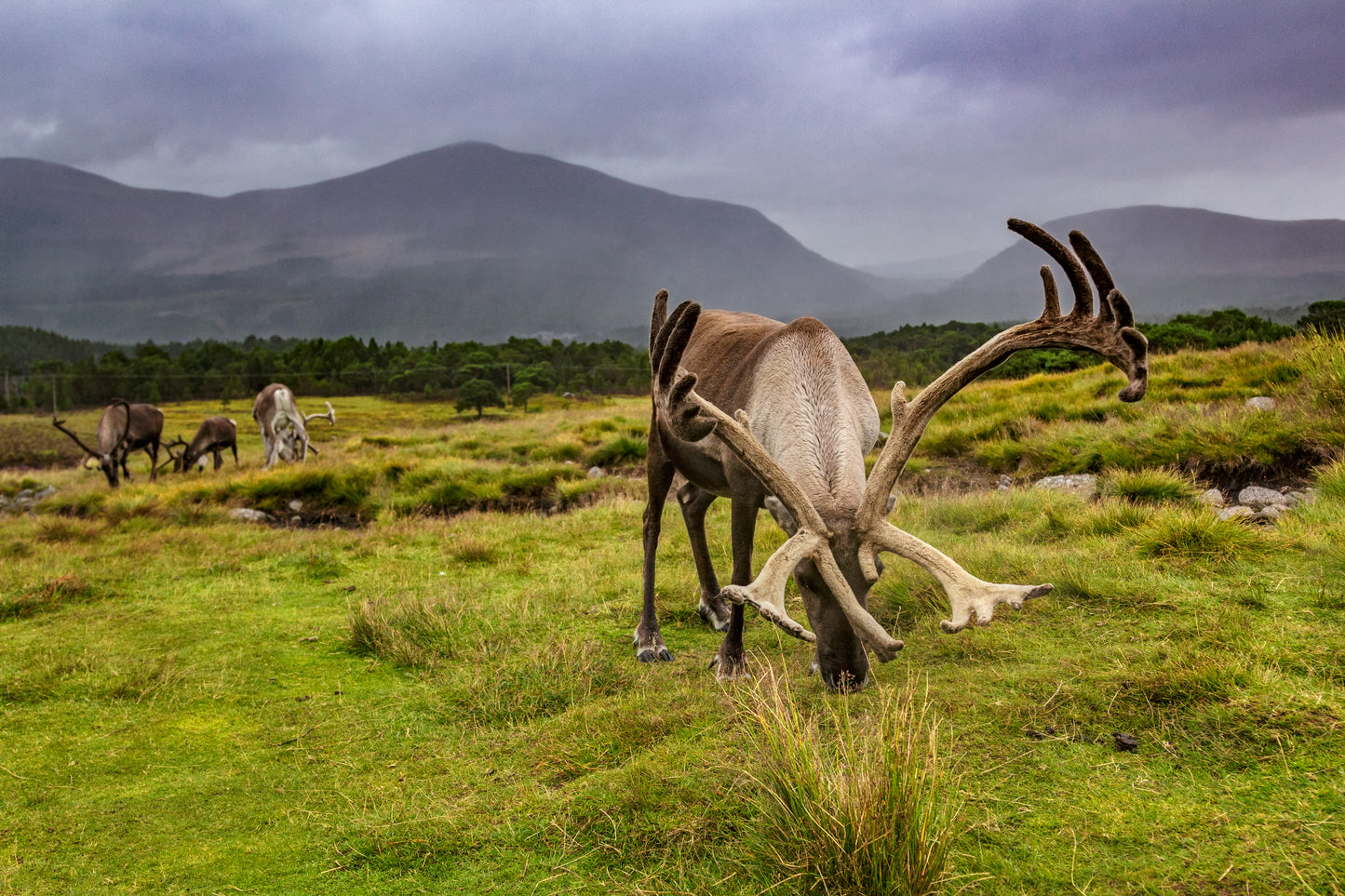
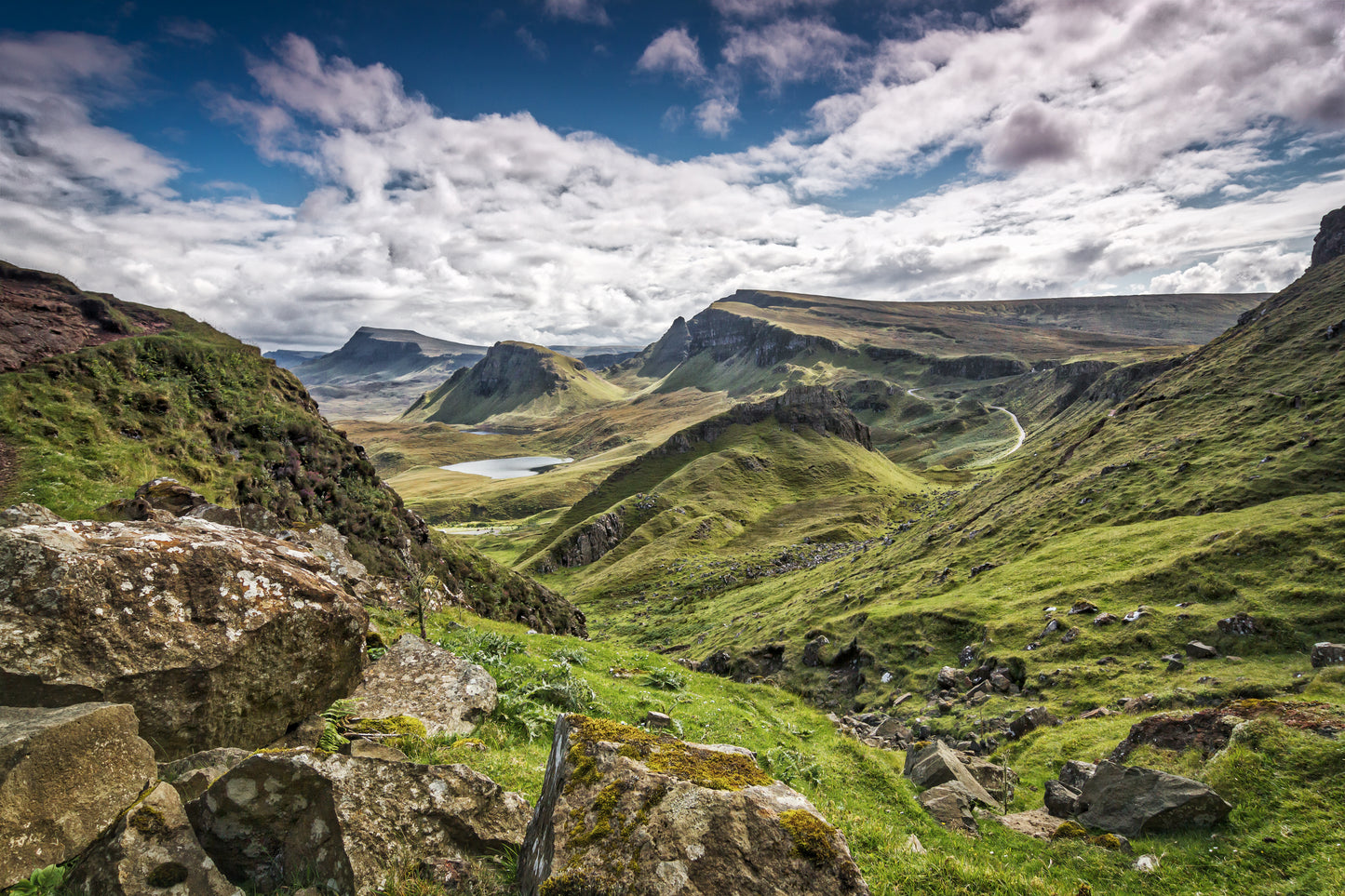
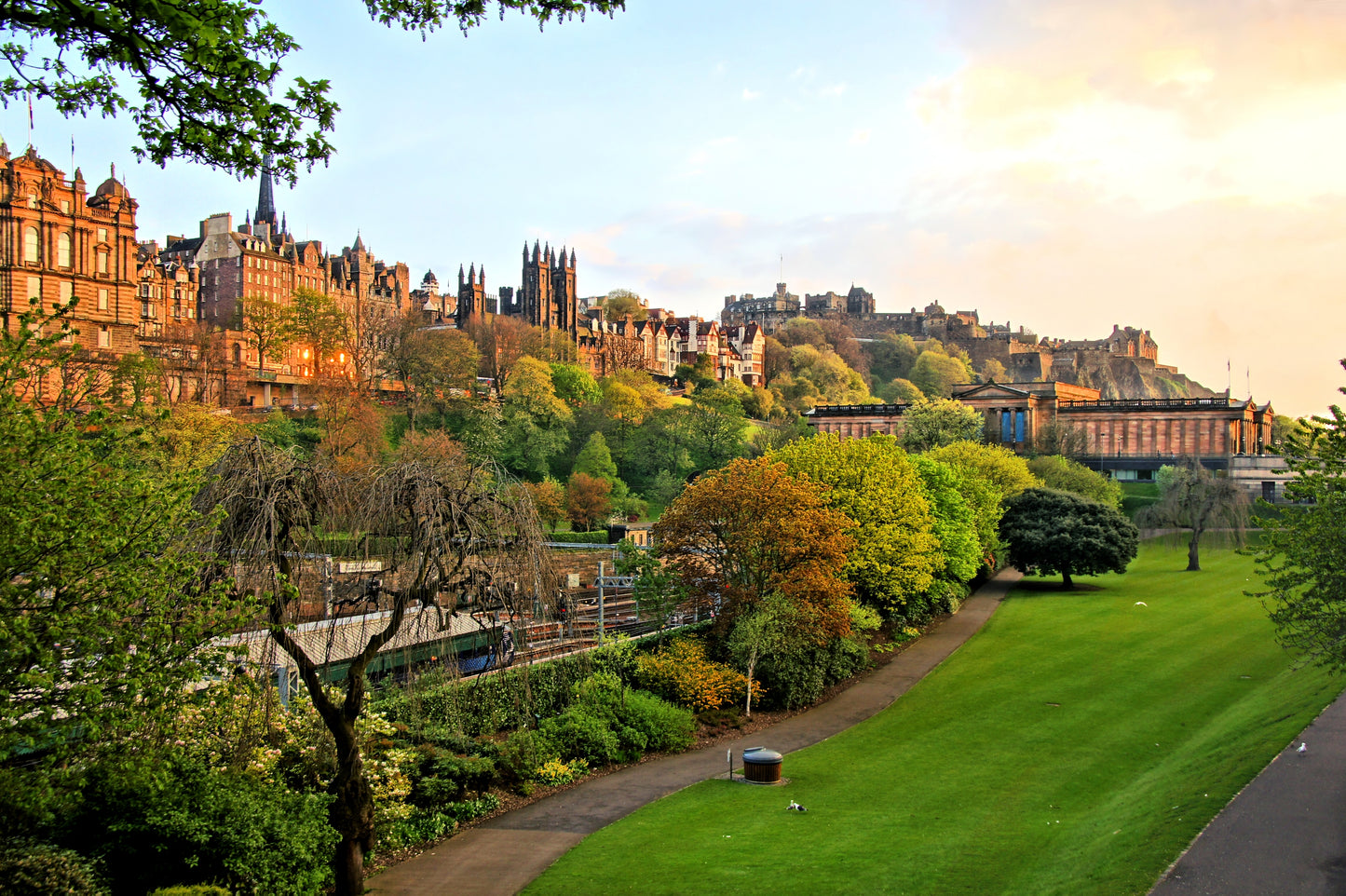
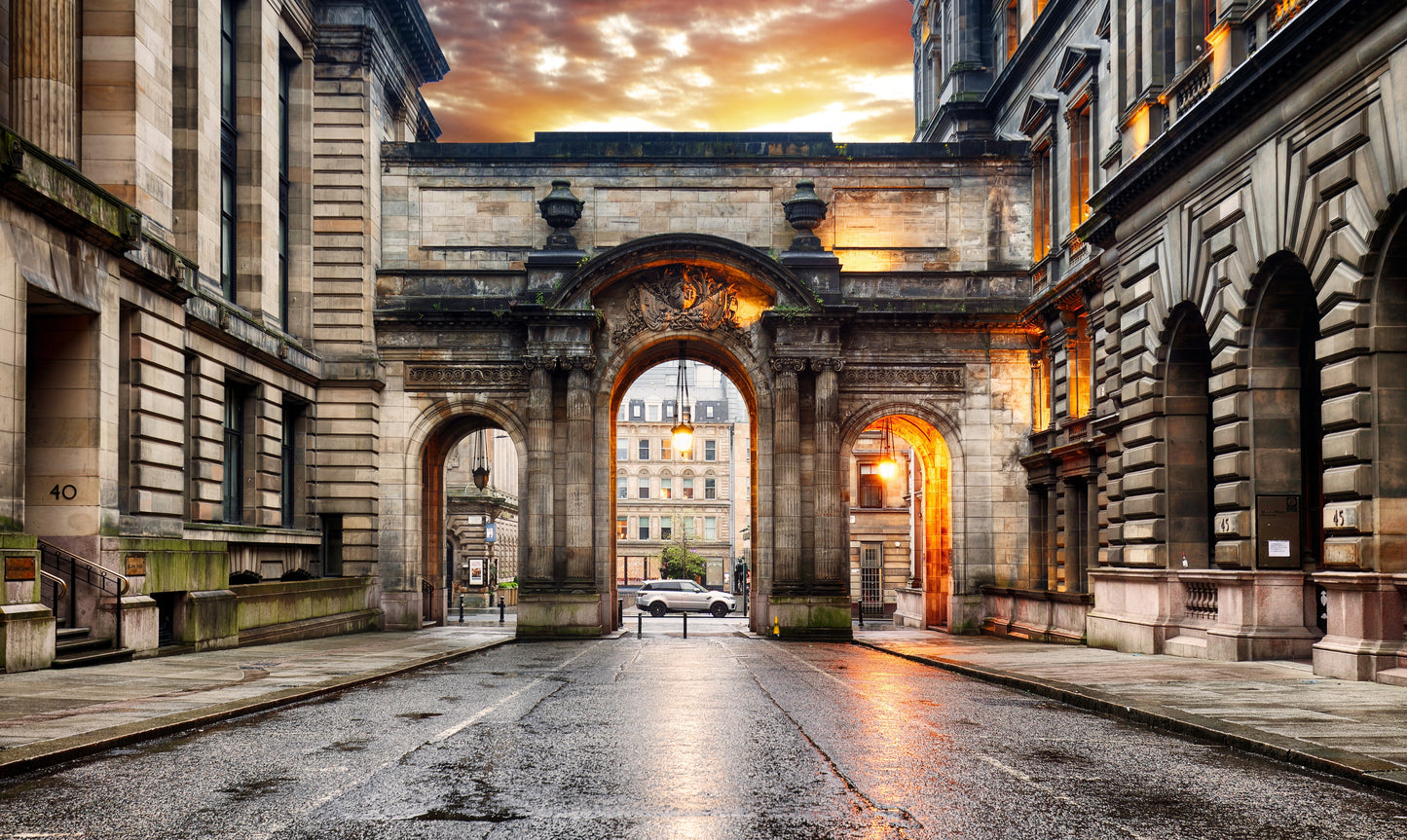
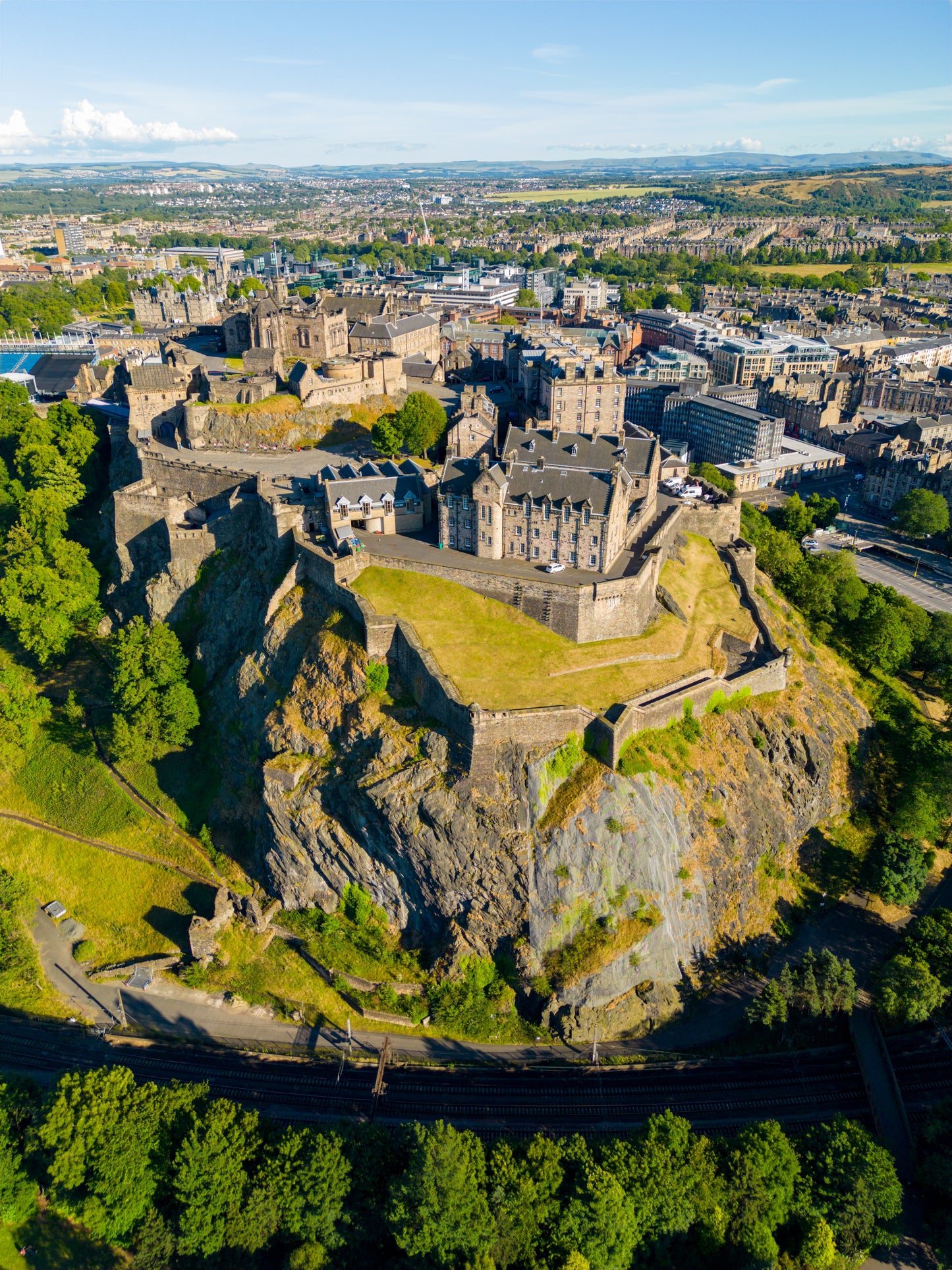
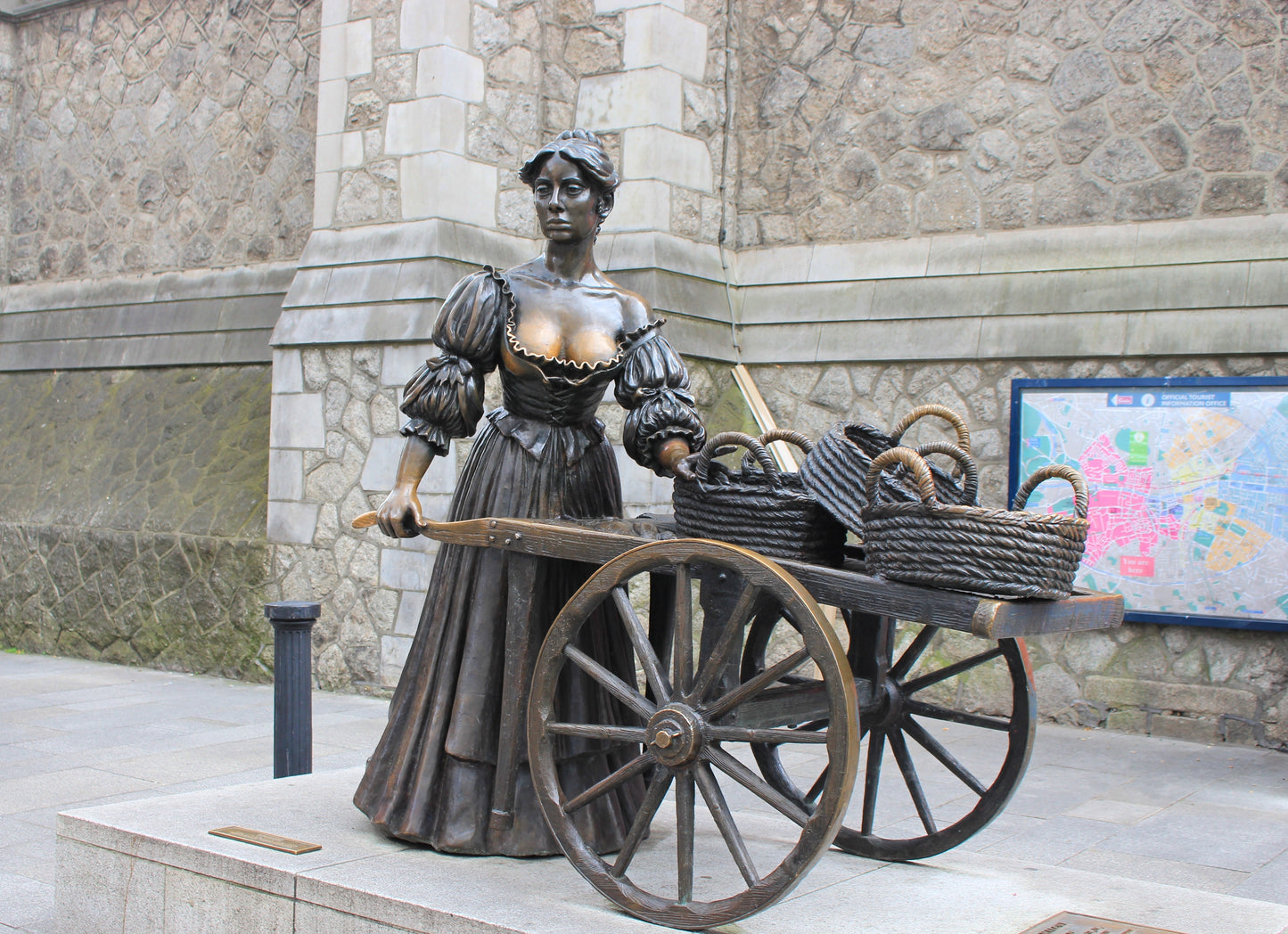
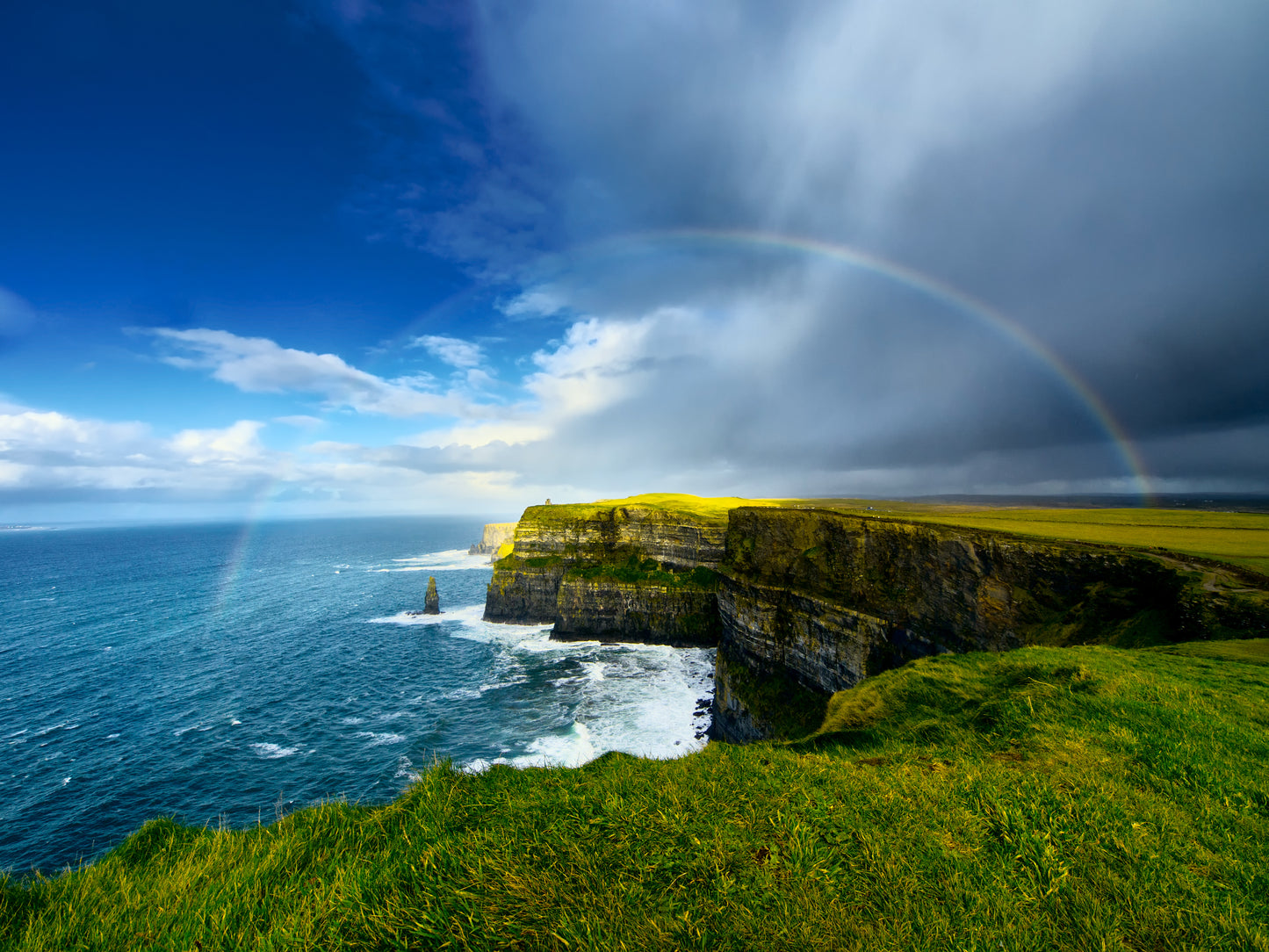
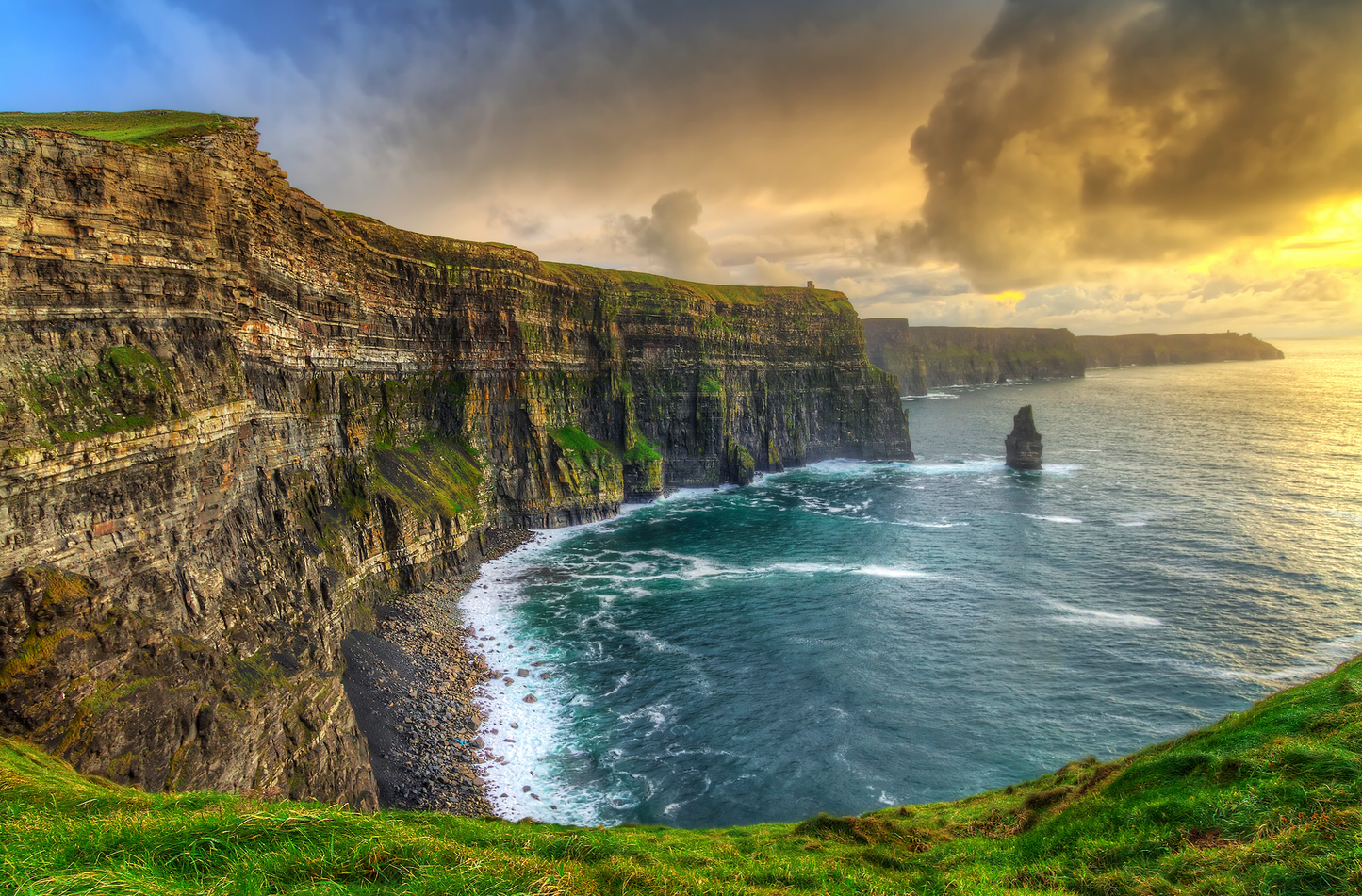
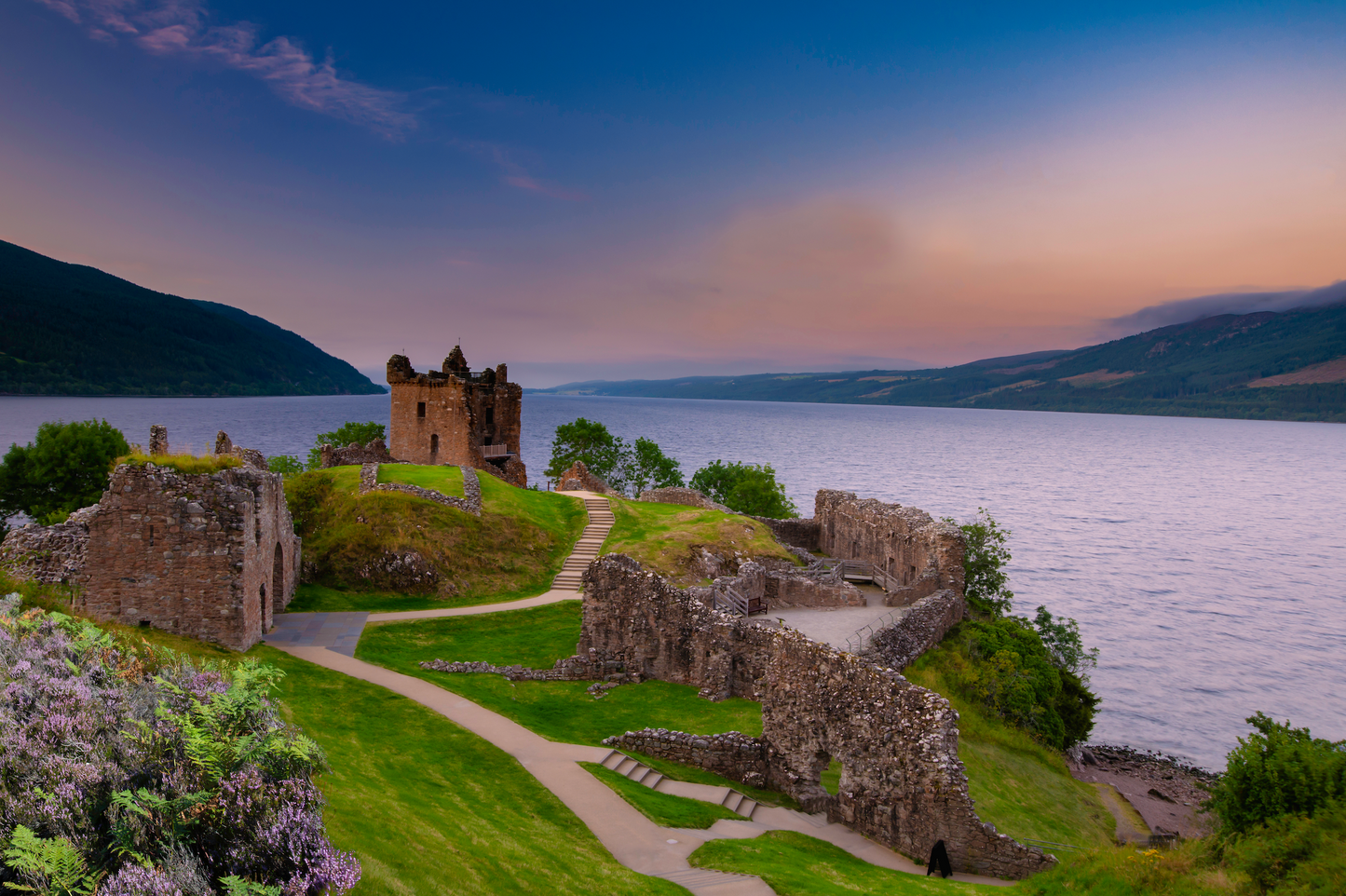

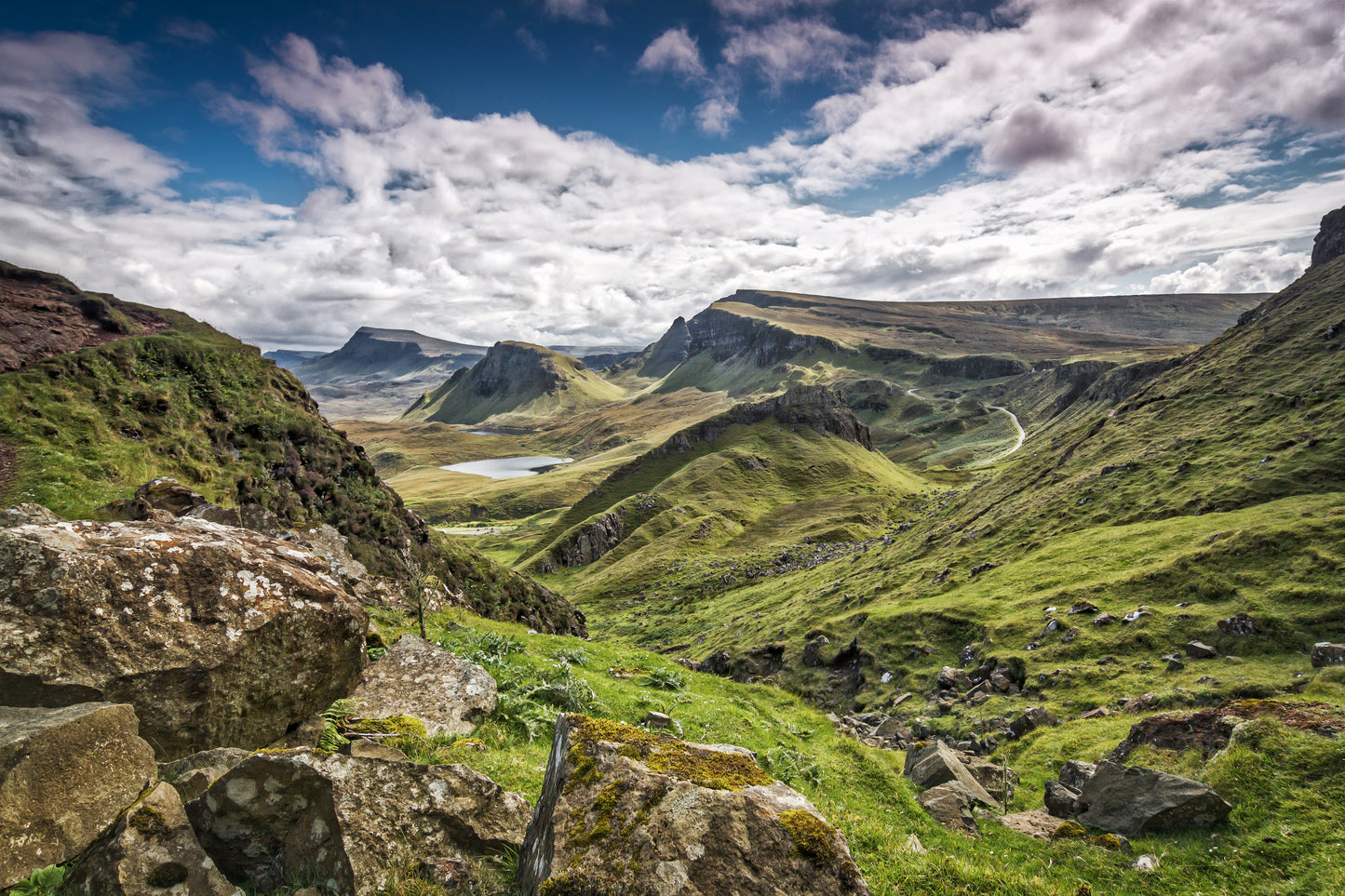
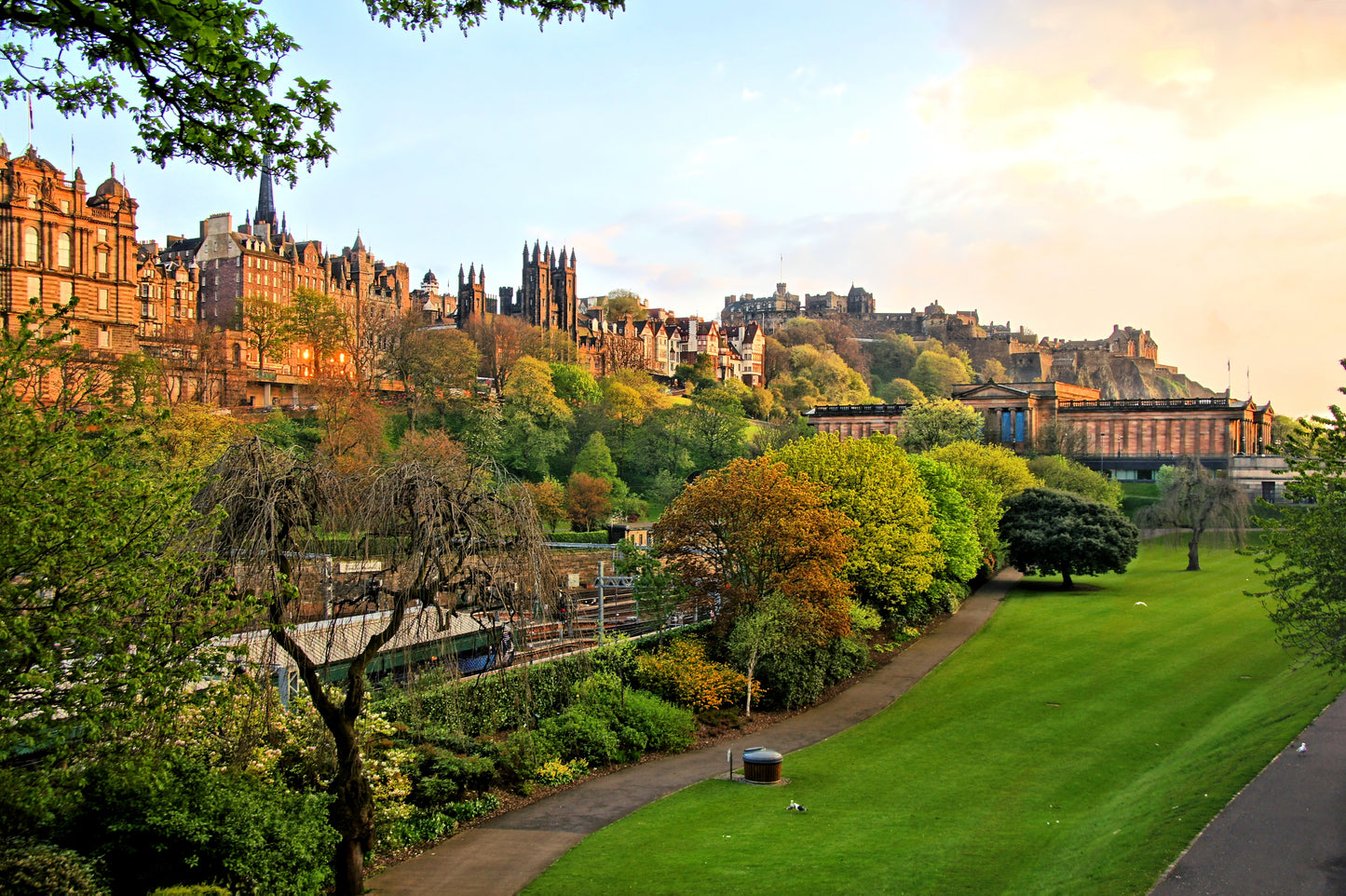
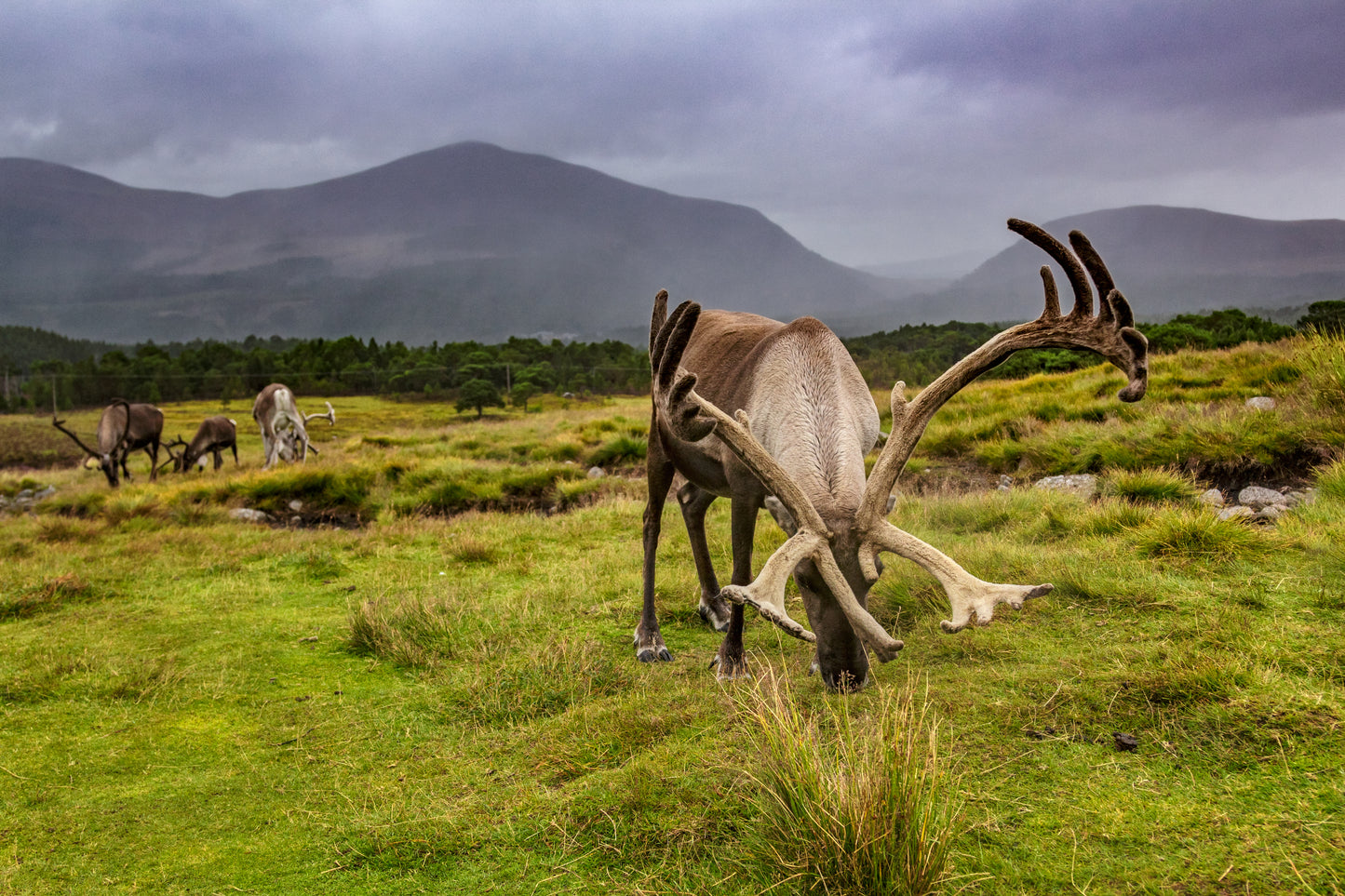
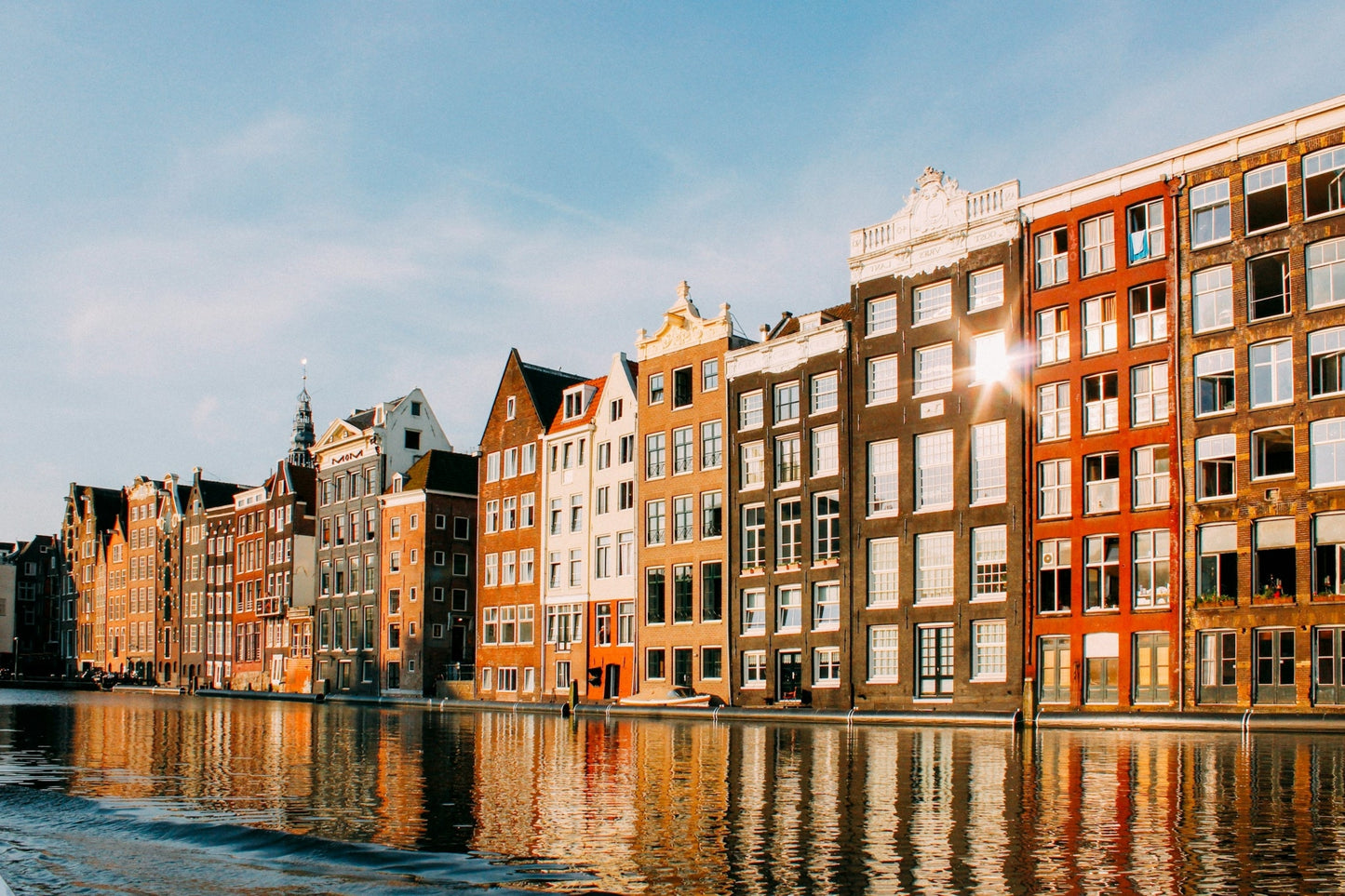
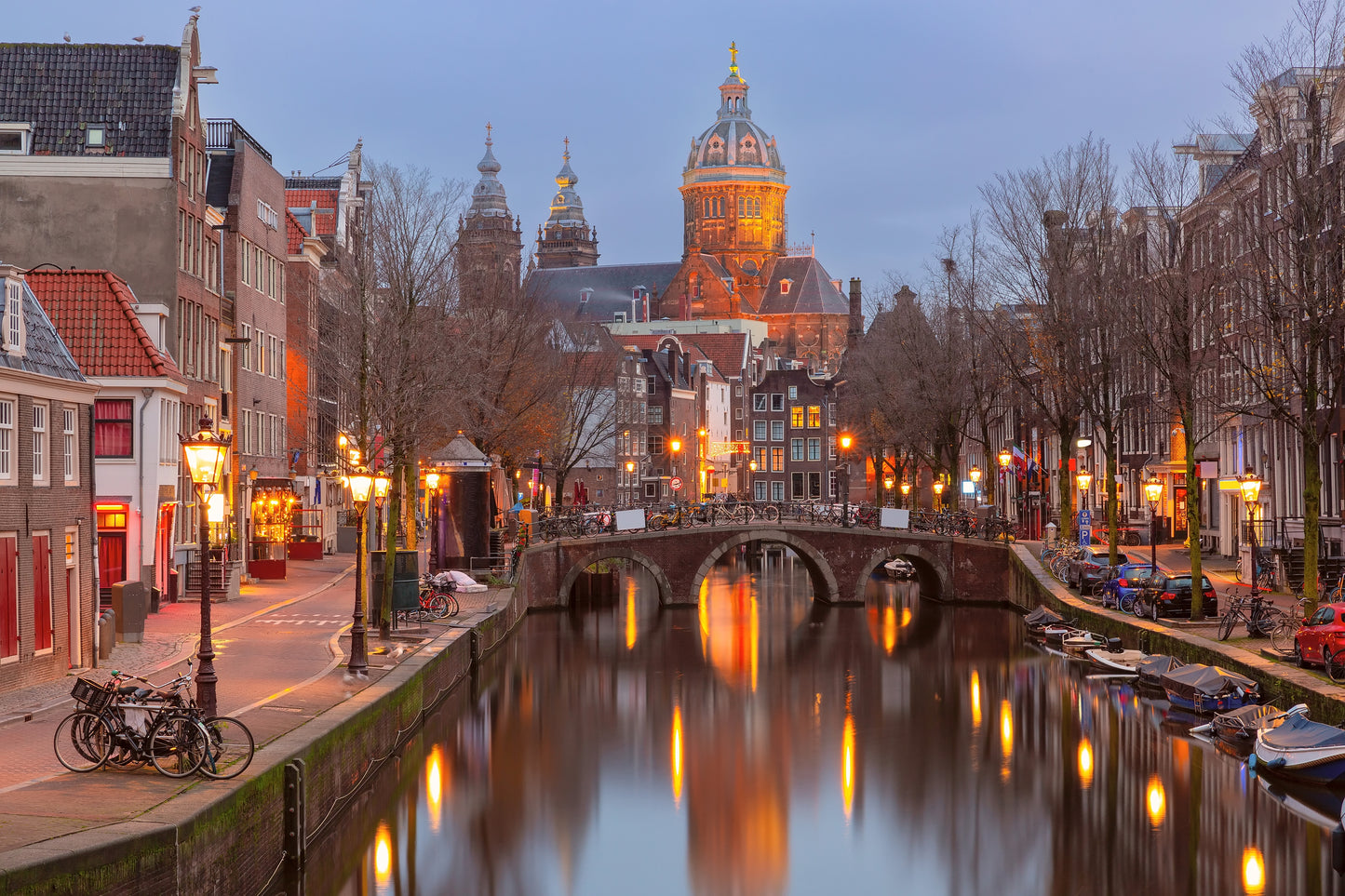
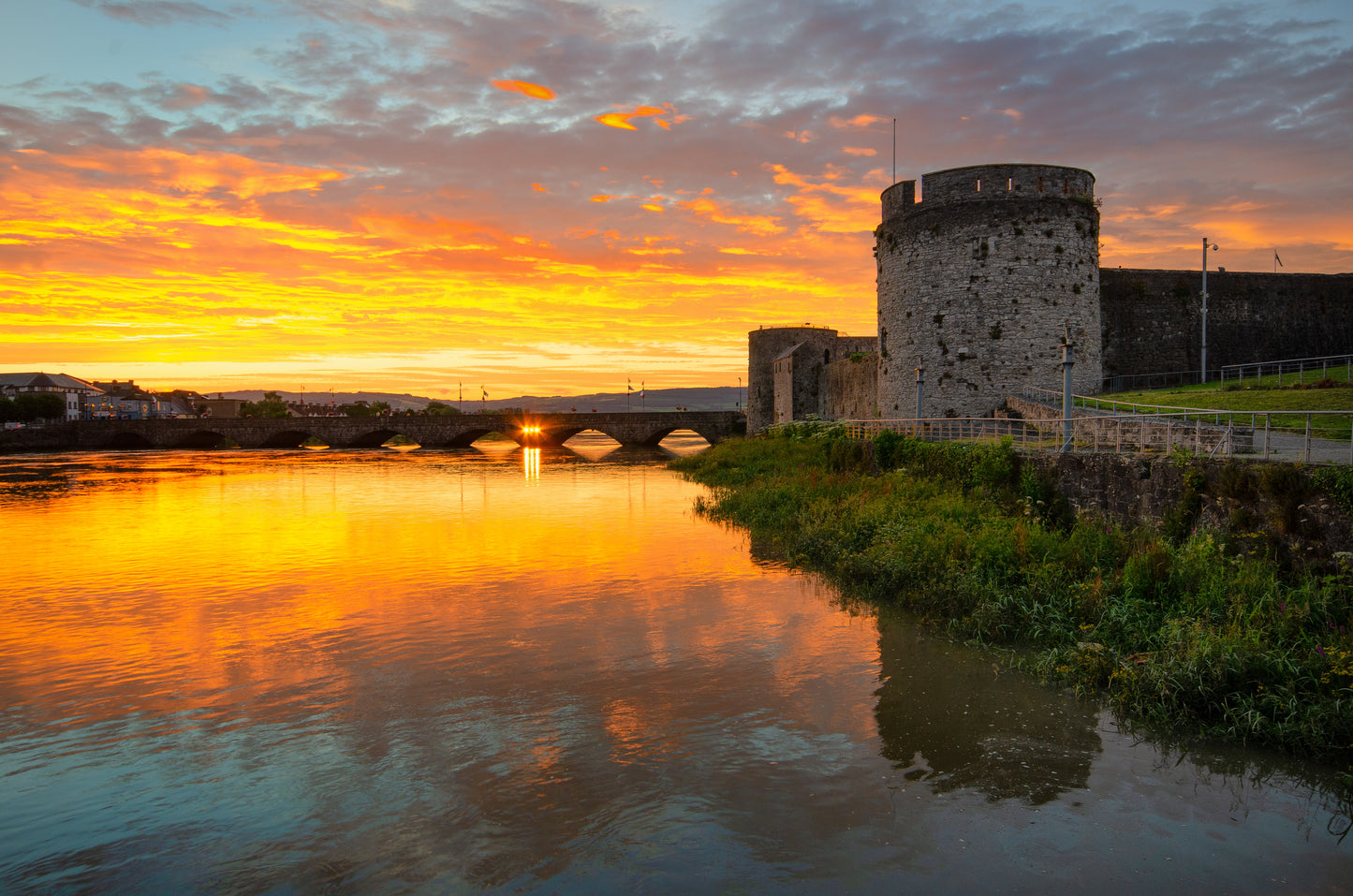
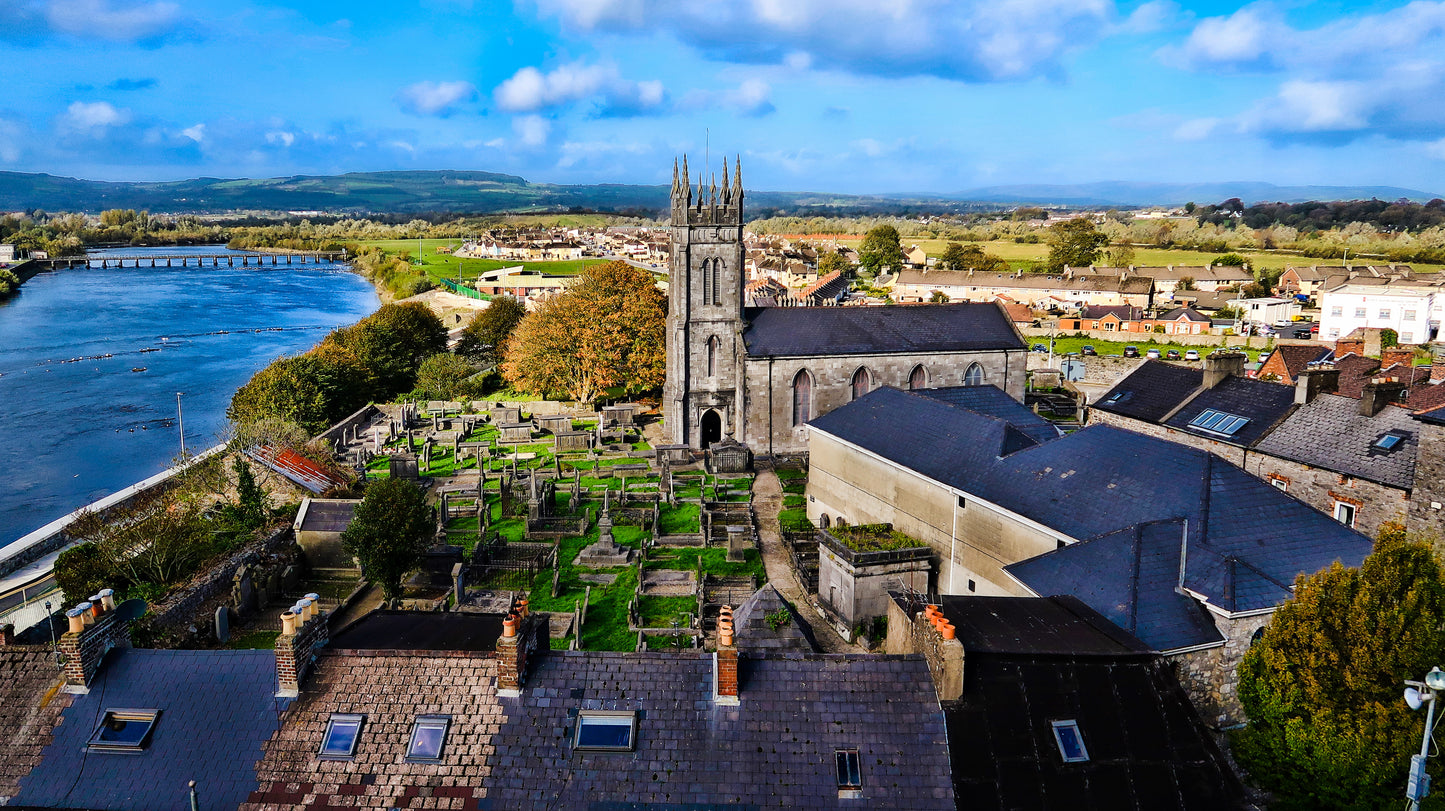
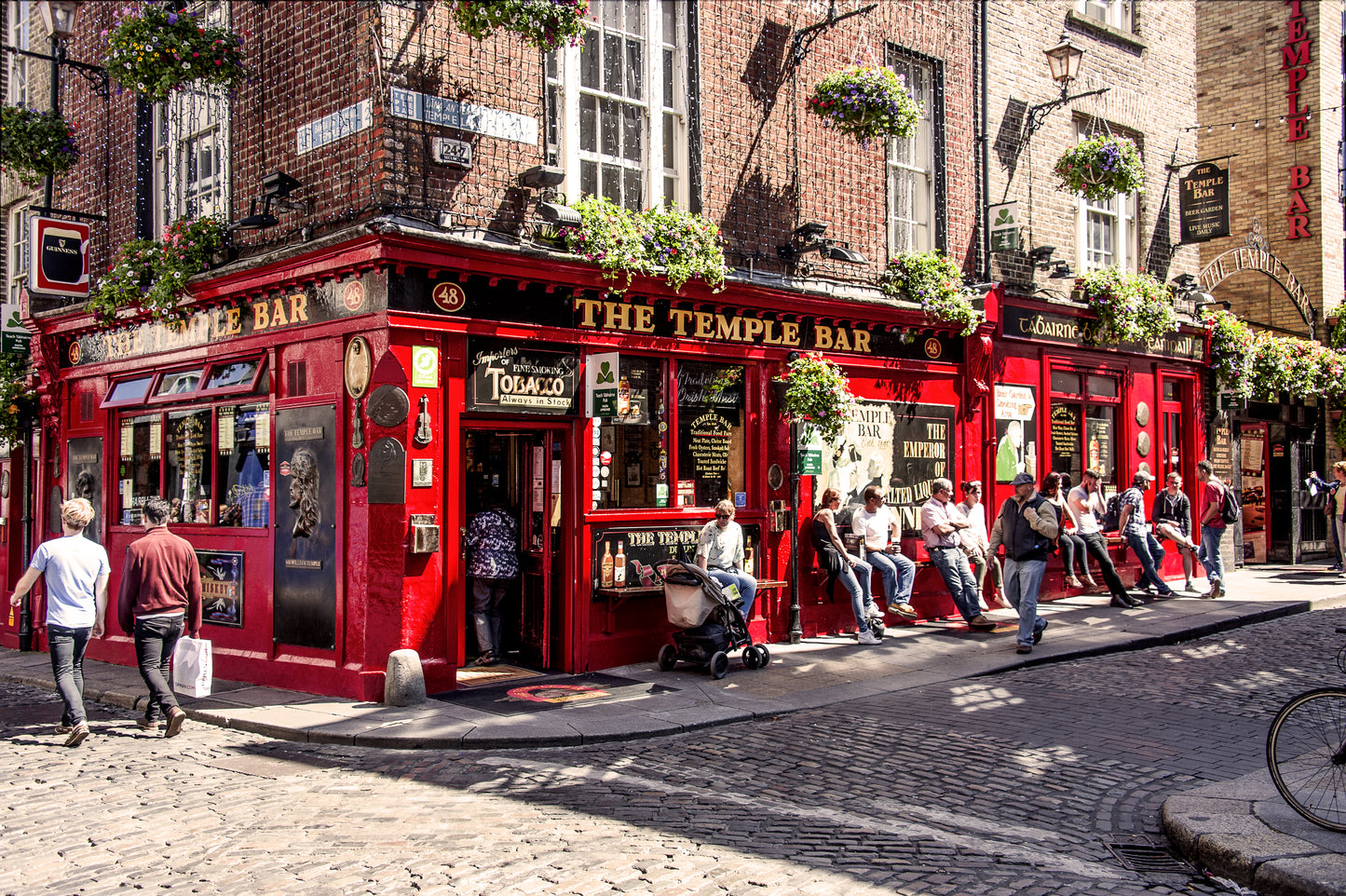
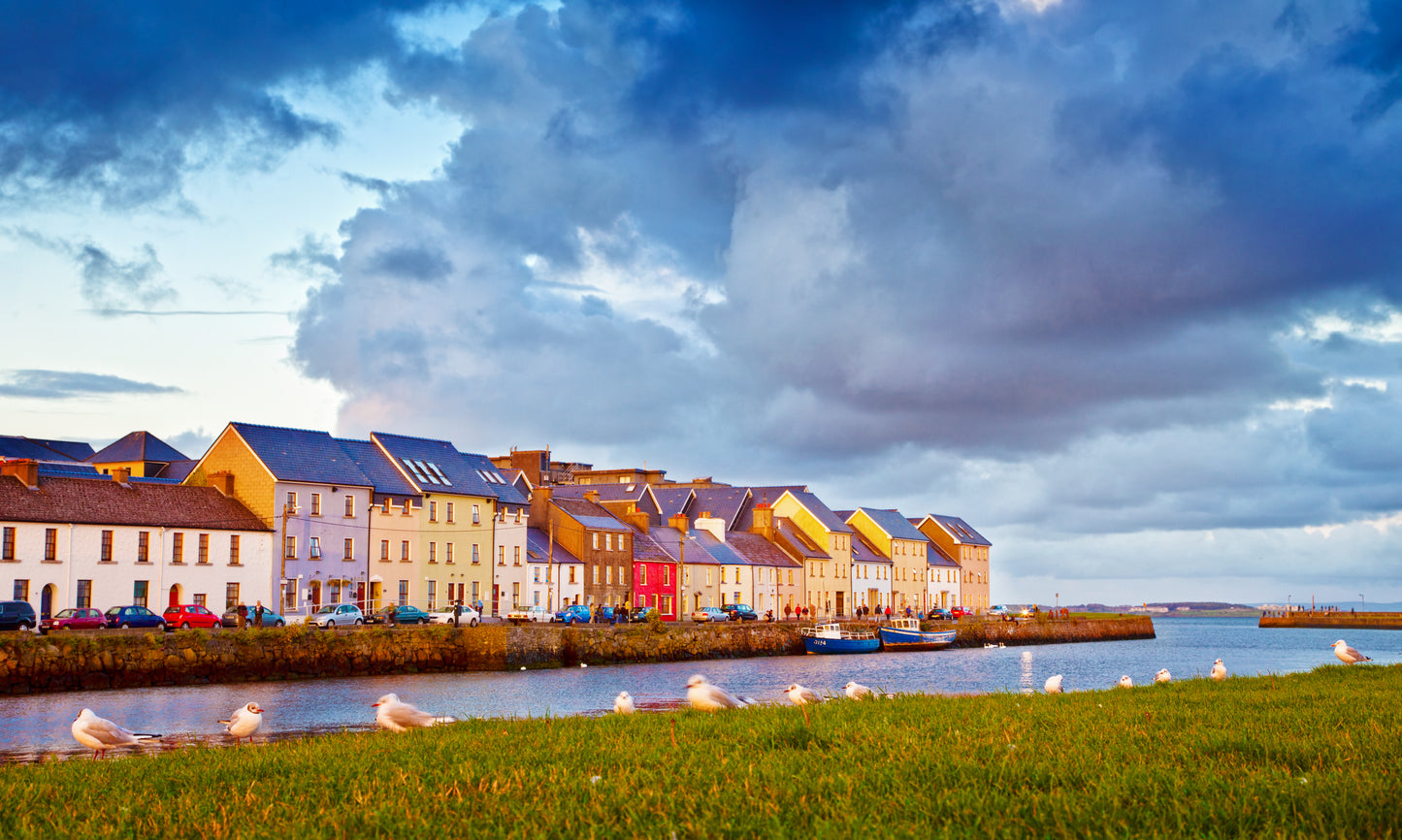
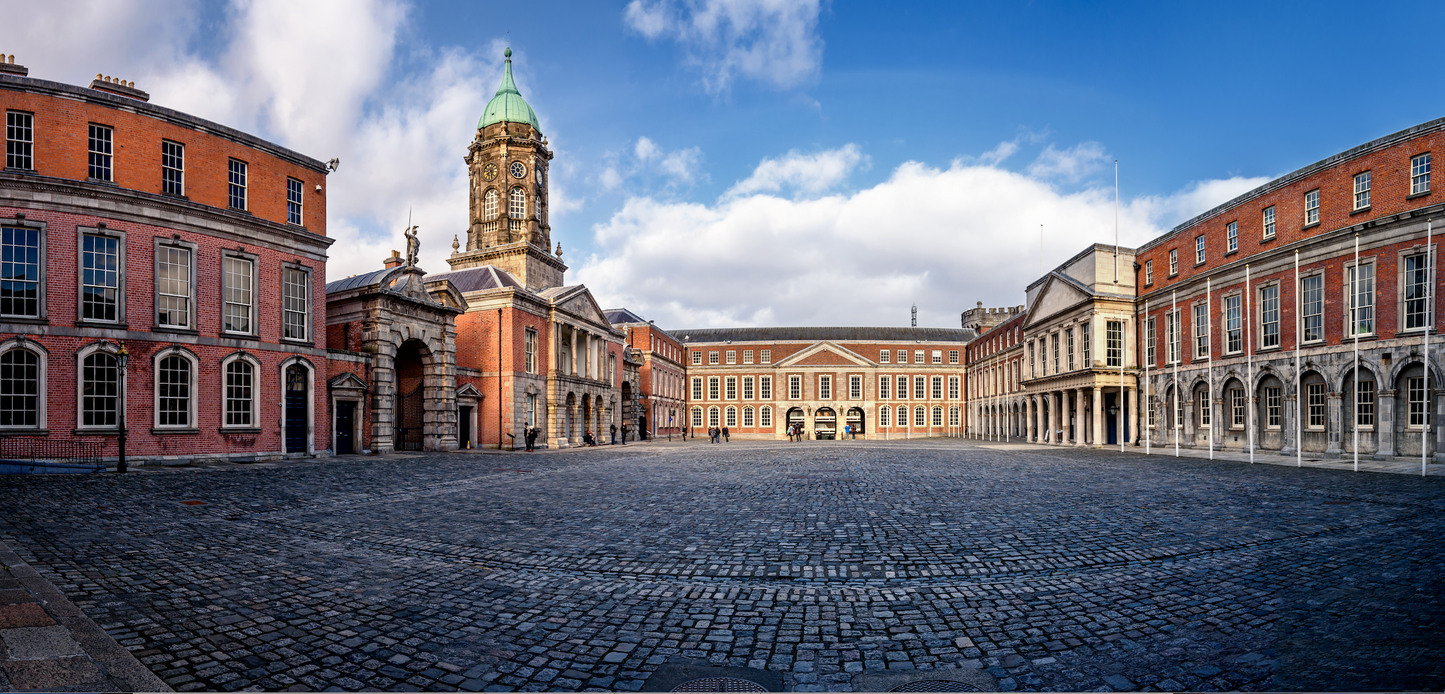
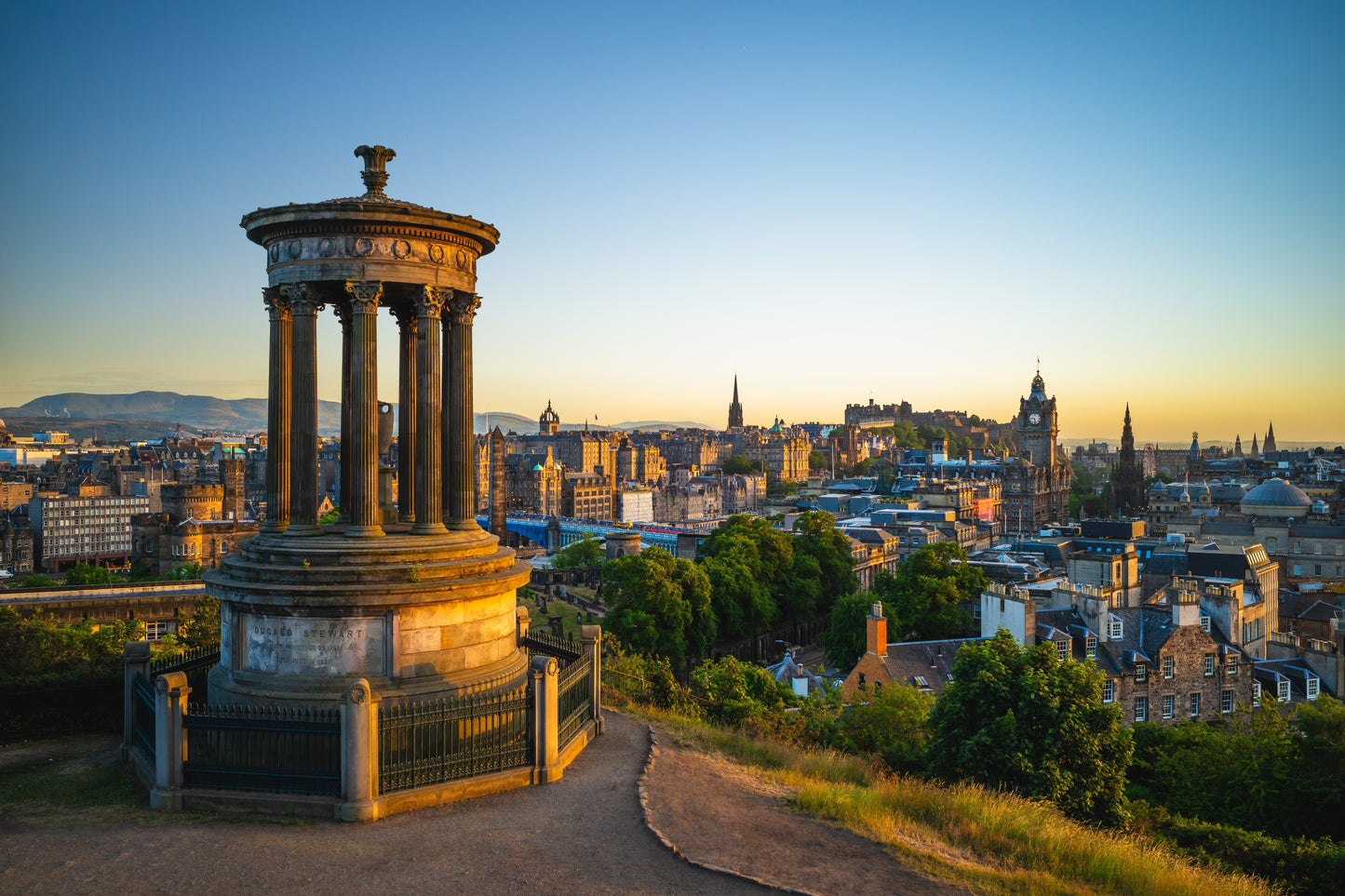
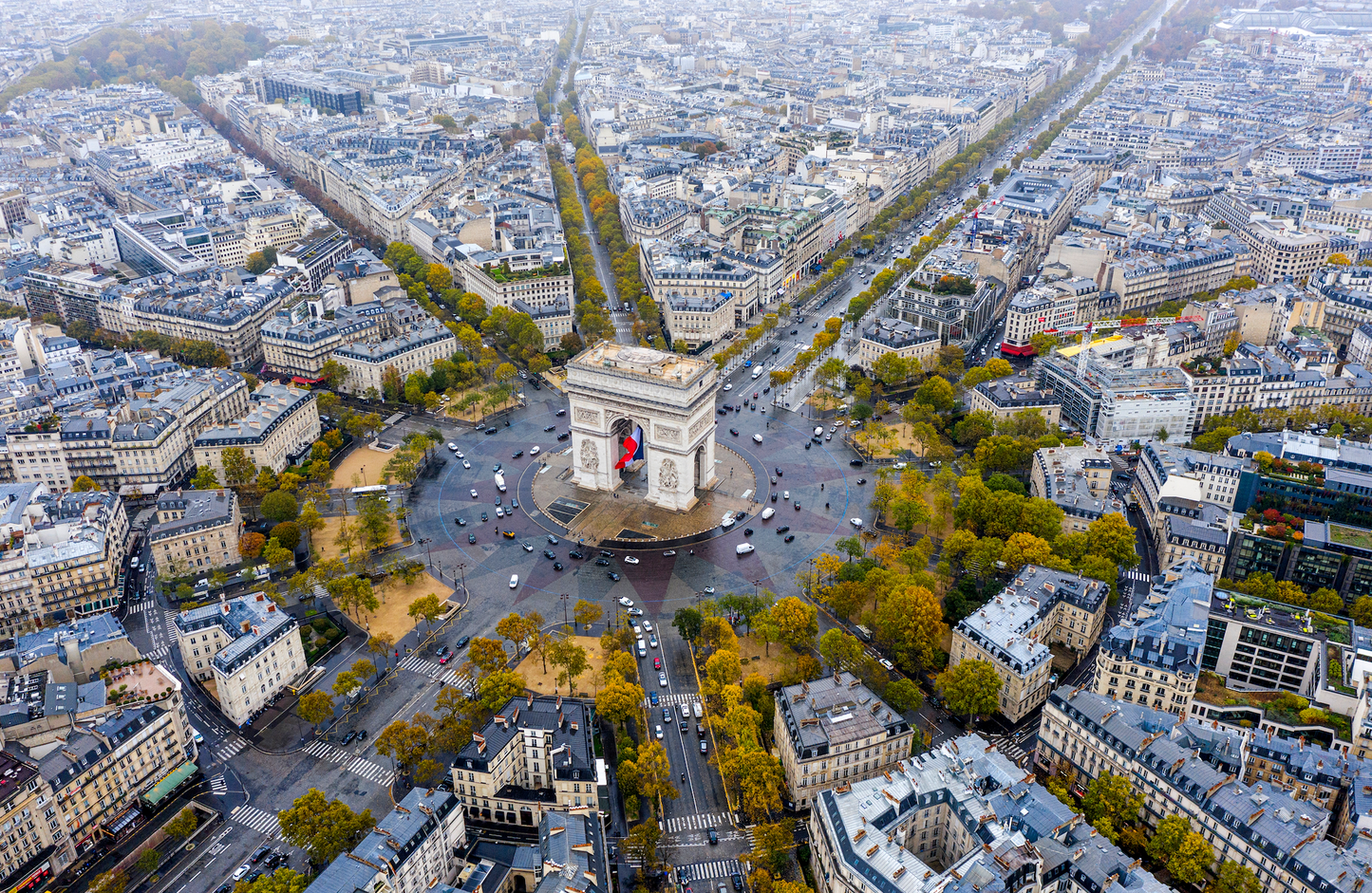
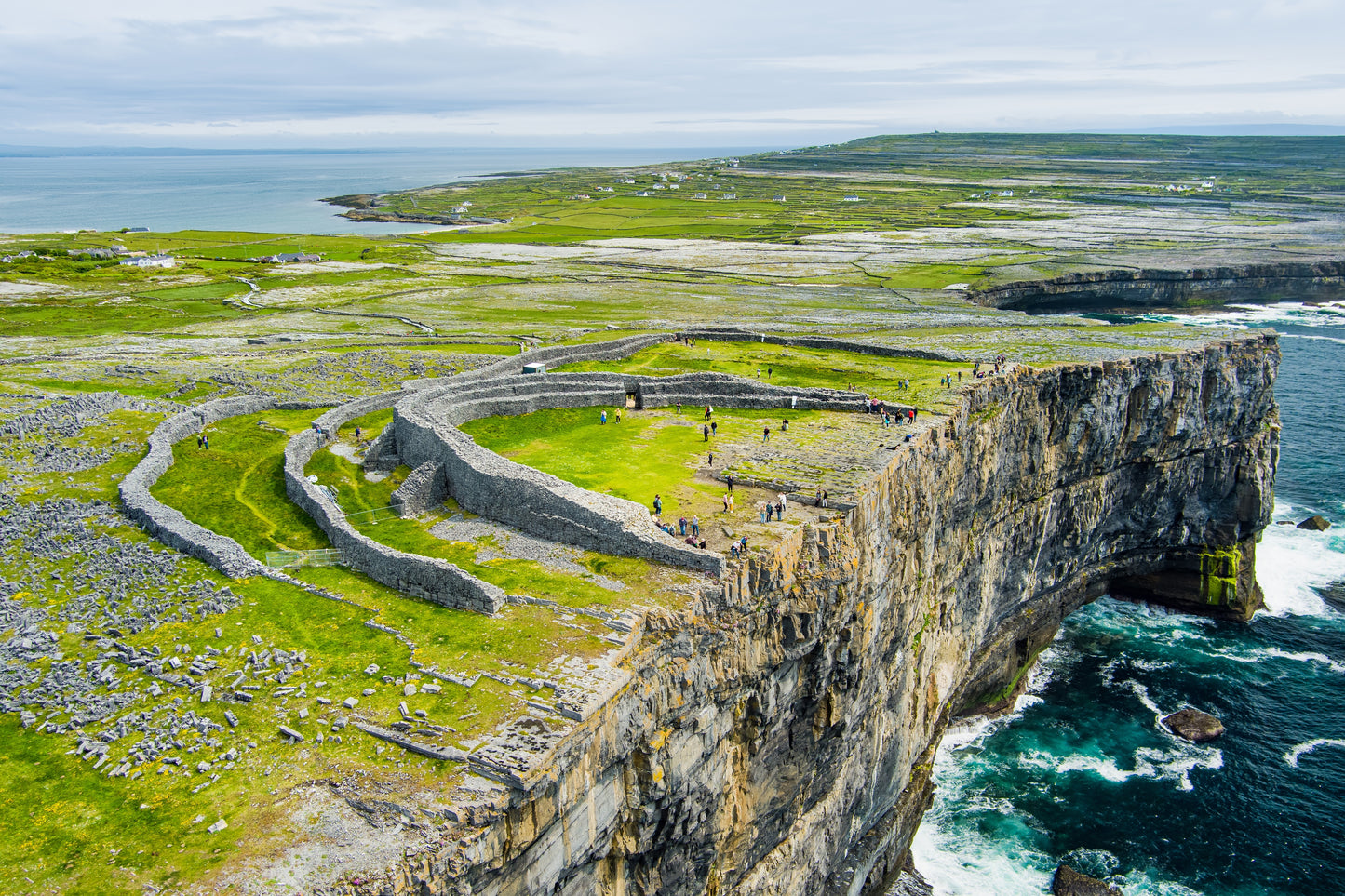
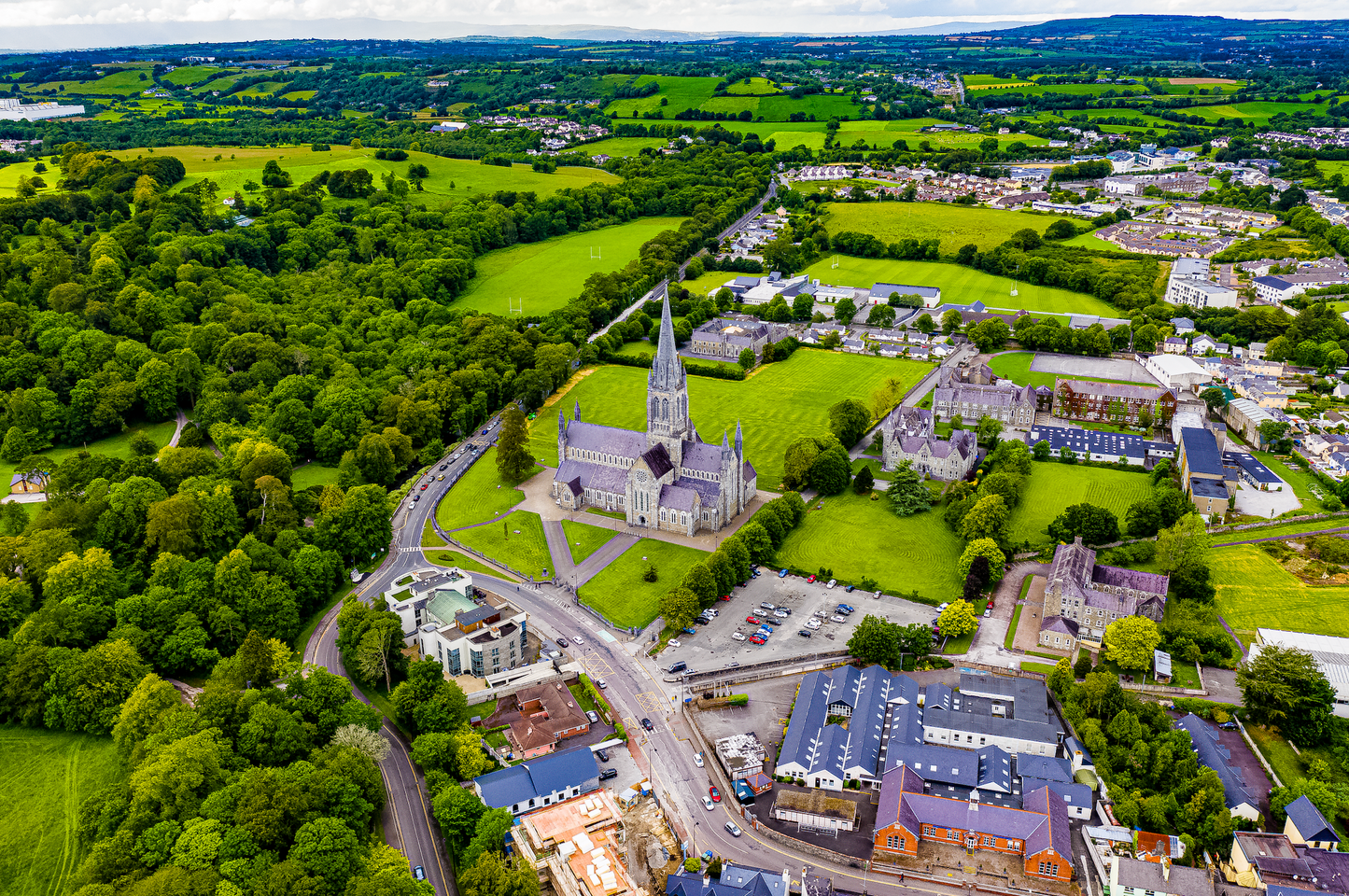
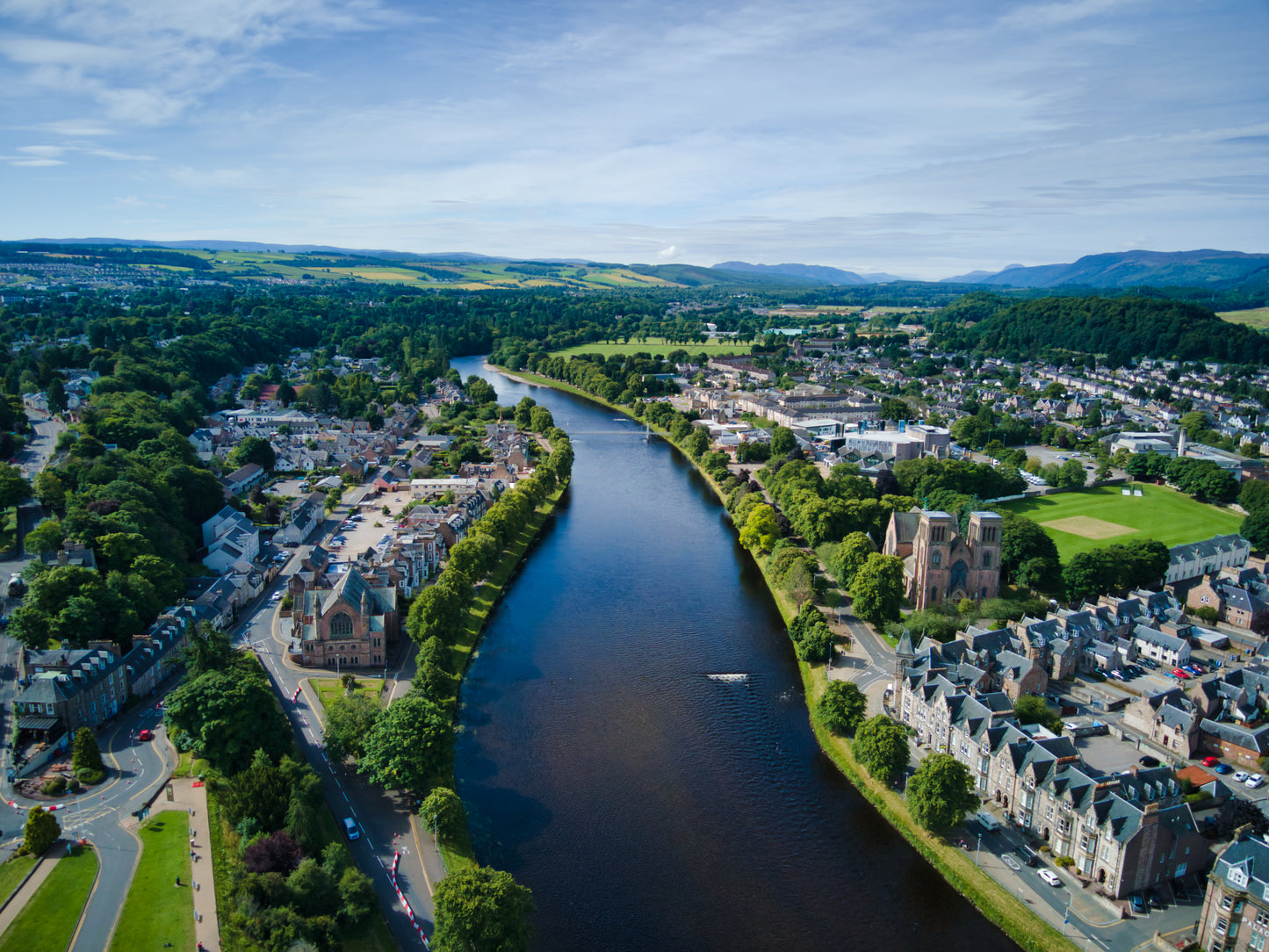
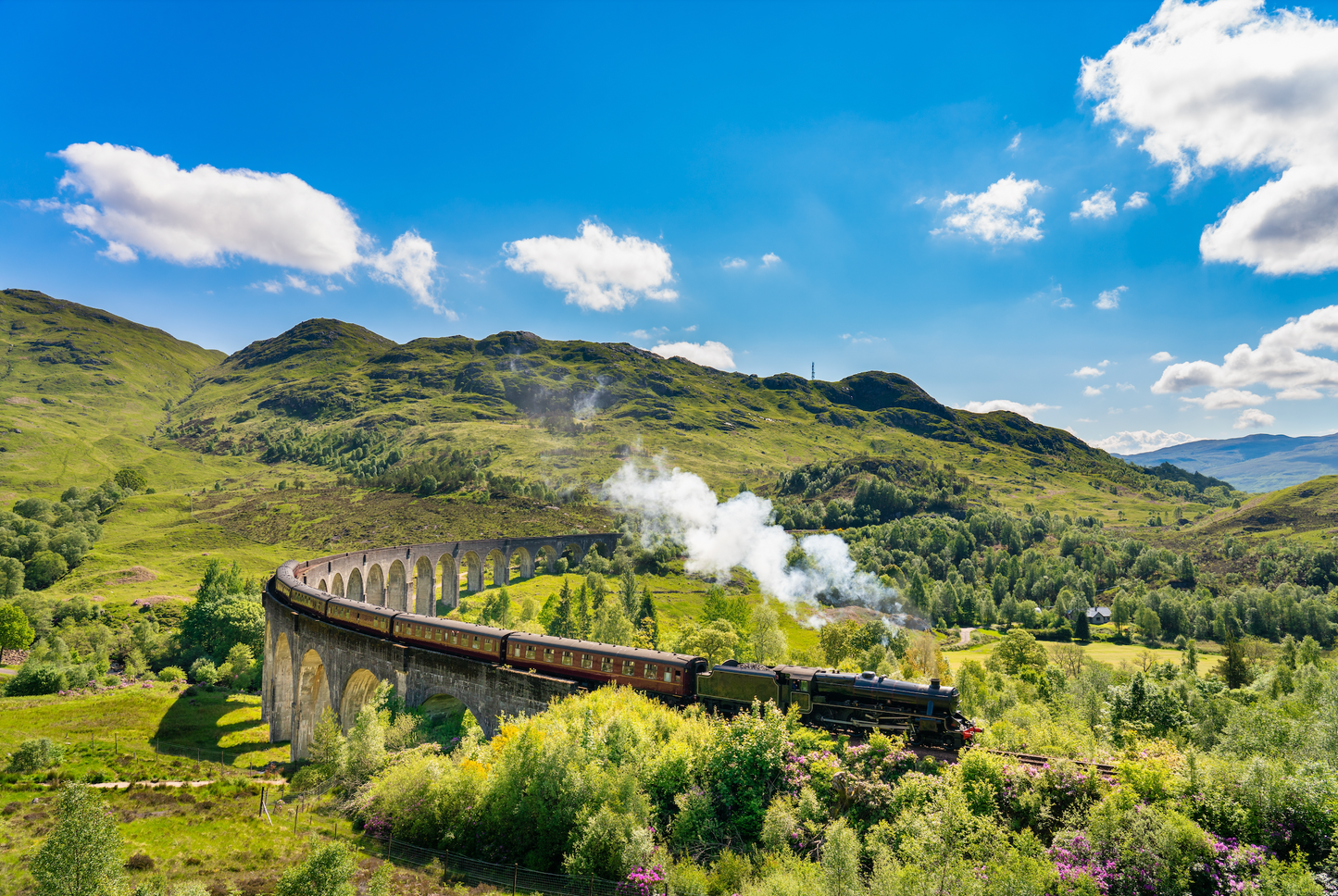
Overview Of Paris, Ireland, and Scotland Travel Tour 203
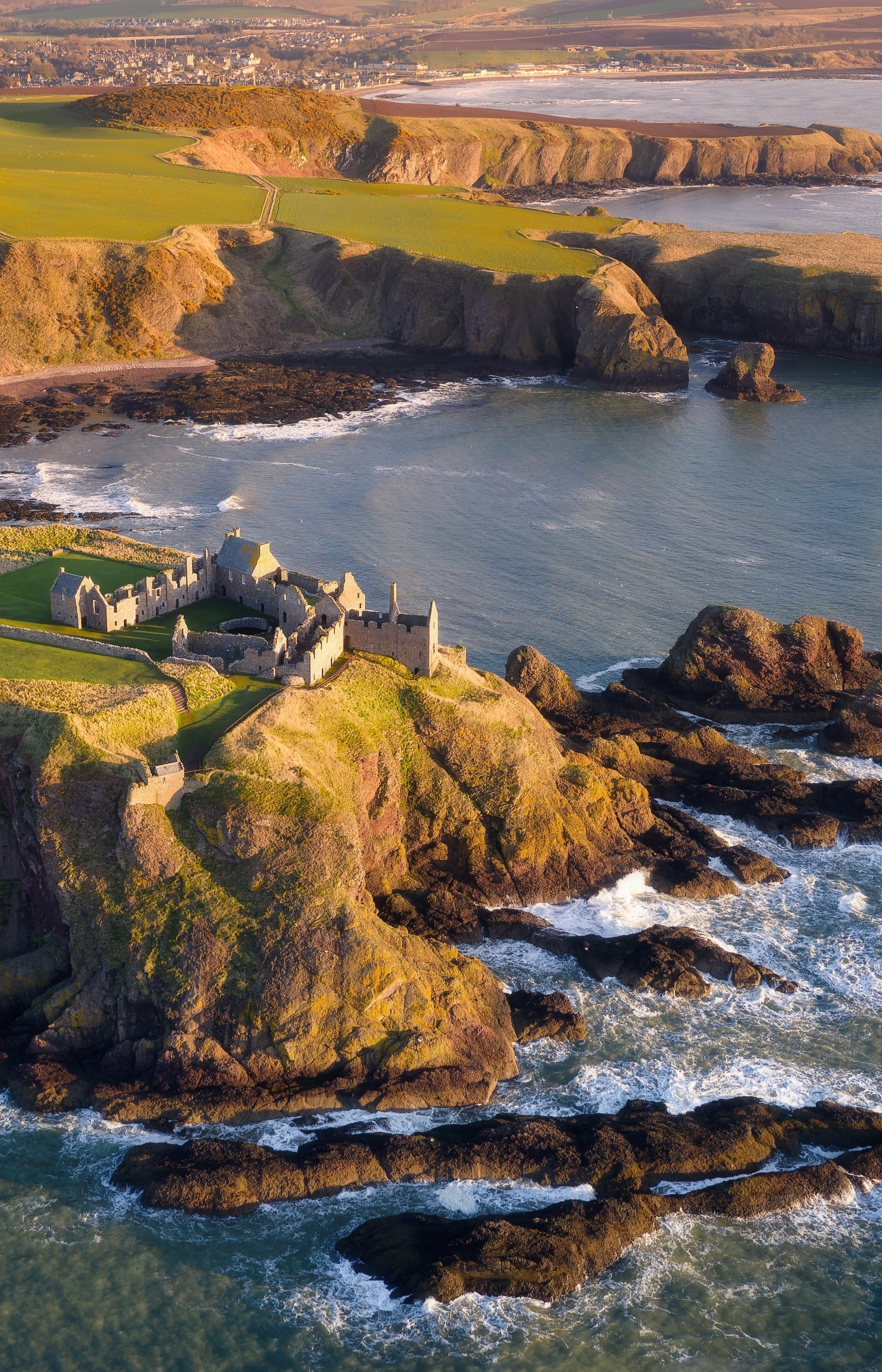
Note: Ensure that you check for any travel restrictions and entry requirements at your destination. It is your responsibility to be prepared with all necessary travel documents and paperwork. Plan to arrive at the airport at least three hours before your scheduled departure time.
Paris City Tour, Lunch at Eiffel Tower and Dinner Cruise on Seine River
Free day
Flight to Dublin and 1/2 Day Dublin Tour driving distance: 28.7 km
Free day or recommended Tour: Guinness Storehouse Experience driving distance: 24.4 km
Galway and/or recommended tour: Dublin Afternoon Vintage Bus Tour driving distance: 215 km
Aran Islands driving distance: 144 km
Dunguaire Castle, The Cliffs of Moher and Bunratty Castle Approximately driving distance: 236 km
Killarney and surroundings Approximately driving distance: 320 km
Blarney Castle, Rock of Cashel and Kilkenny Approximately driving distance: 319 km
Wicklow Mountains, Glendalough and Powerscourt House Approximately driving distance: 96.4 km
Flight to Edinburgh Approximately driving distance: 492 km
1/2 Day Edinburgh Tour Approximately driving distance: 60 km
Inverness and / or recommend tour: Champagne Afternoon Tea Approximately driving distance: 200 km
Loch Ness, Urquhart, Eilean Donan, Portree and Isle of Skye Approximately driving distance: 245 km
The Fairy Glen, The Storr, Kilt Rock Waterfall and An Corran Beach Approximately driving distance: 75.4 km
, Cuillin, Camusdarach Beach, Glenfinnan and Loch Shiel Approximately driving distance: 230 km
Fort William, Glencoe, Falls of Dochart, Kilmartin Glen and Inveraray Approximately driving distance: 160 km
Loch Lomond, The Trossachs National Park, Doune Castle and Stirling Castle Approximately driving distance: 159 km
Free day
Free day
Drive to Aberdeen and Rogue Event Approximately driving distance: 128 km
Airbnb checkout and drive to Edinburgh Approximately driving distance: 128 km
Transfer to airport
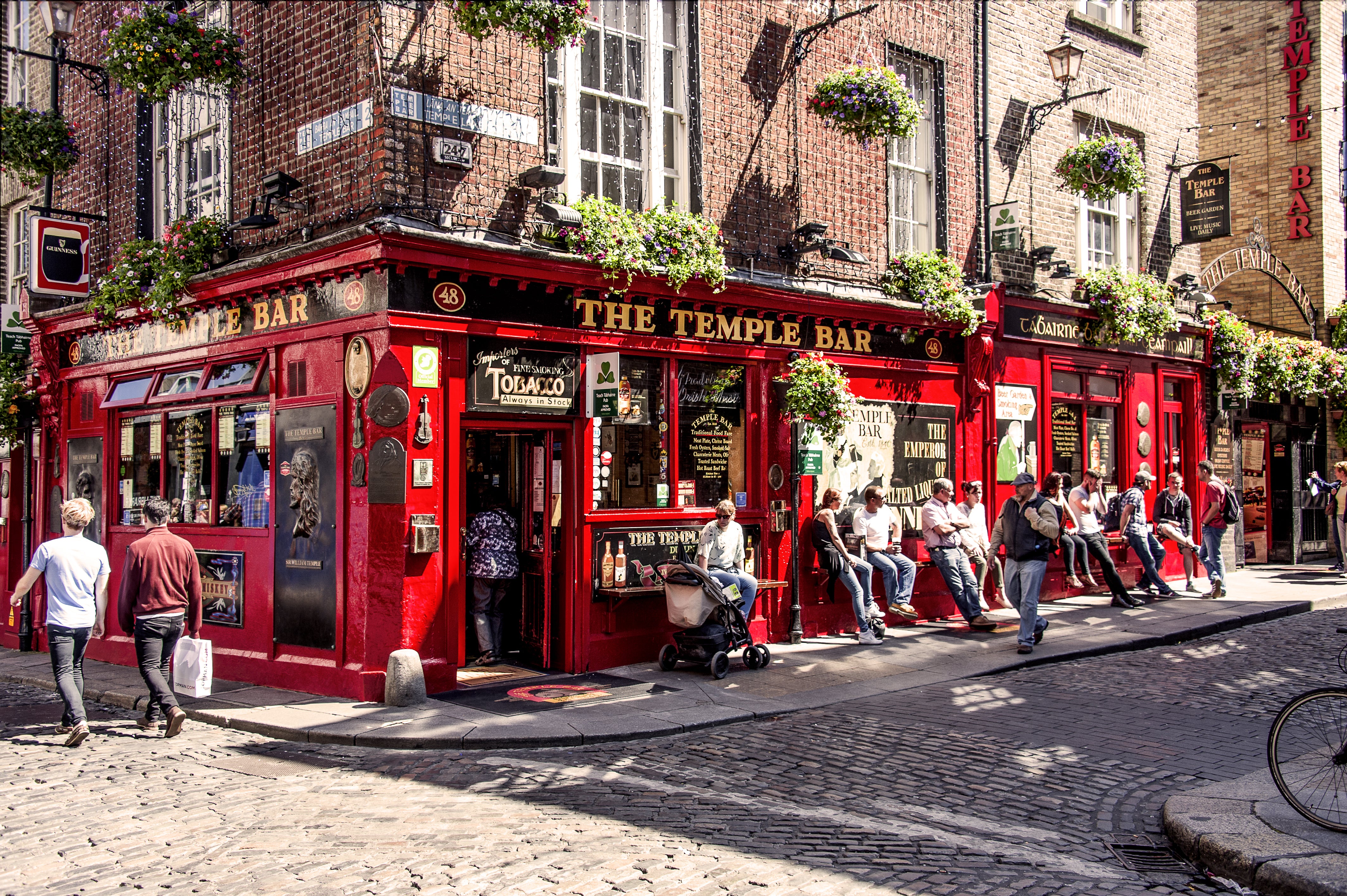
dublin
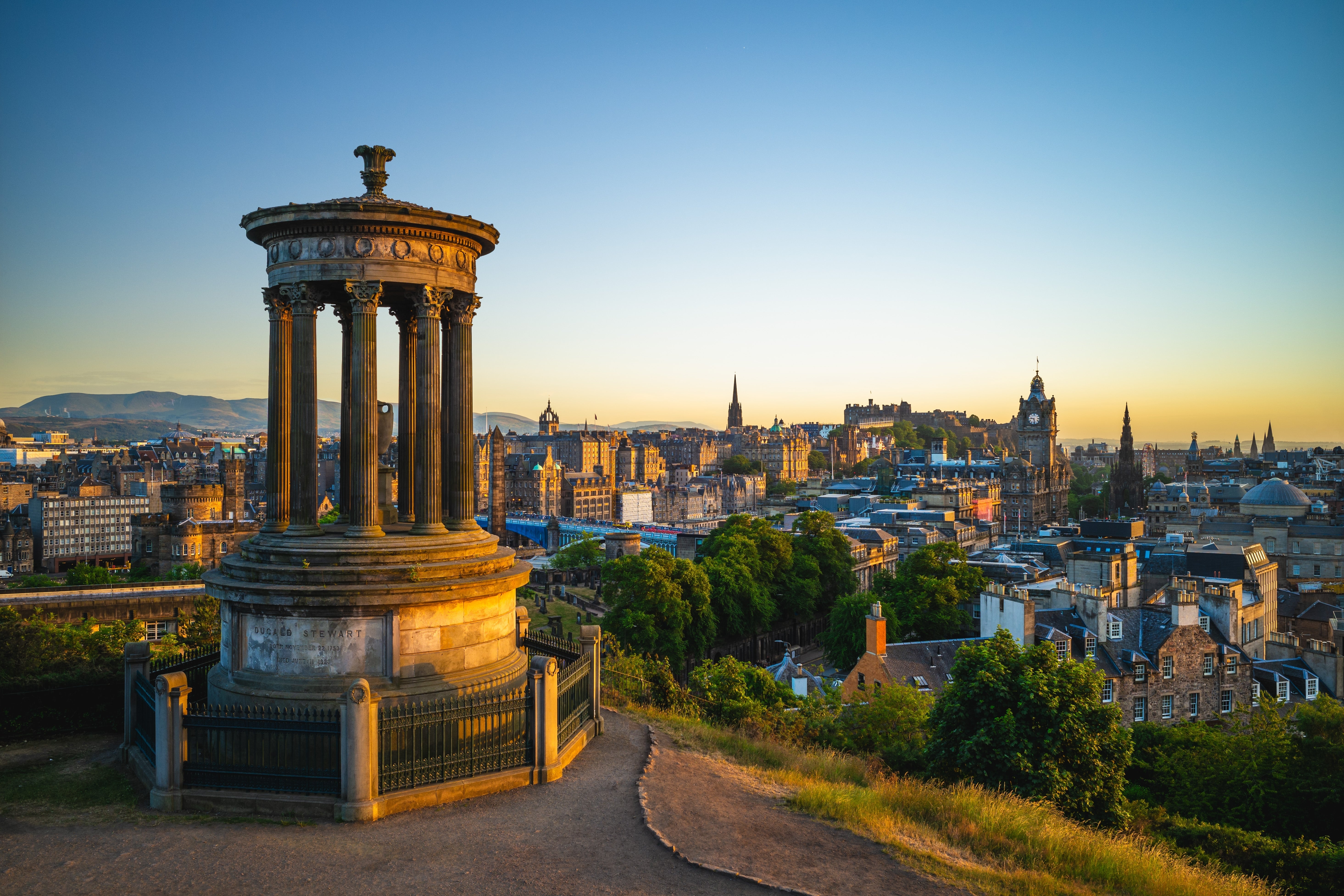
edinburgh
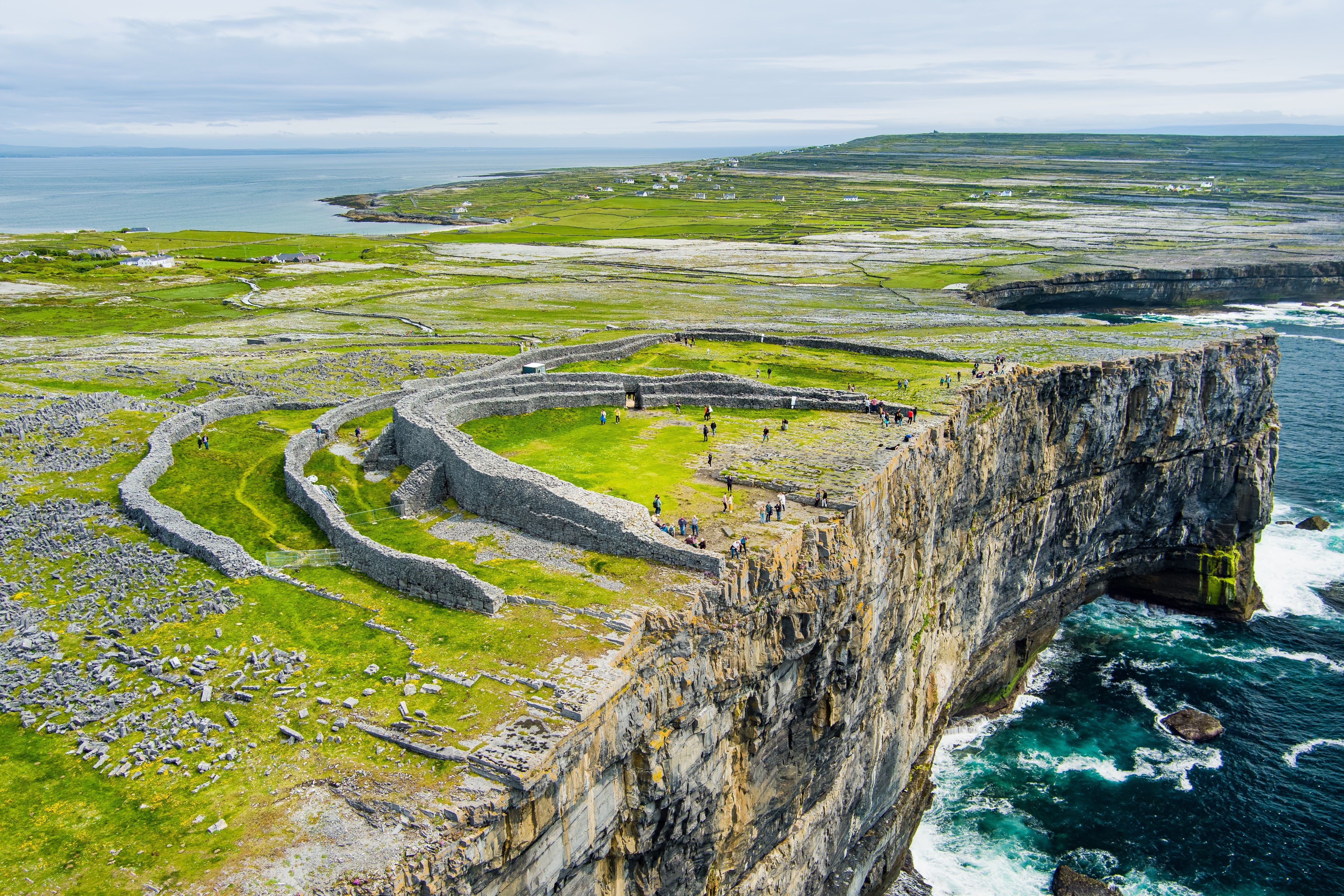
galway
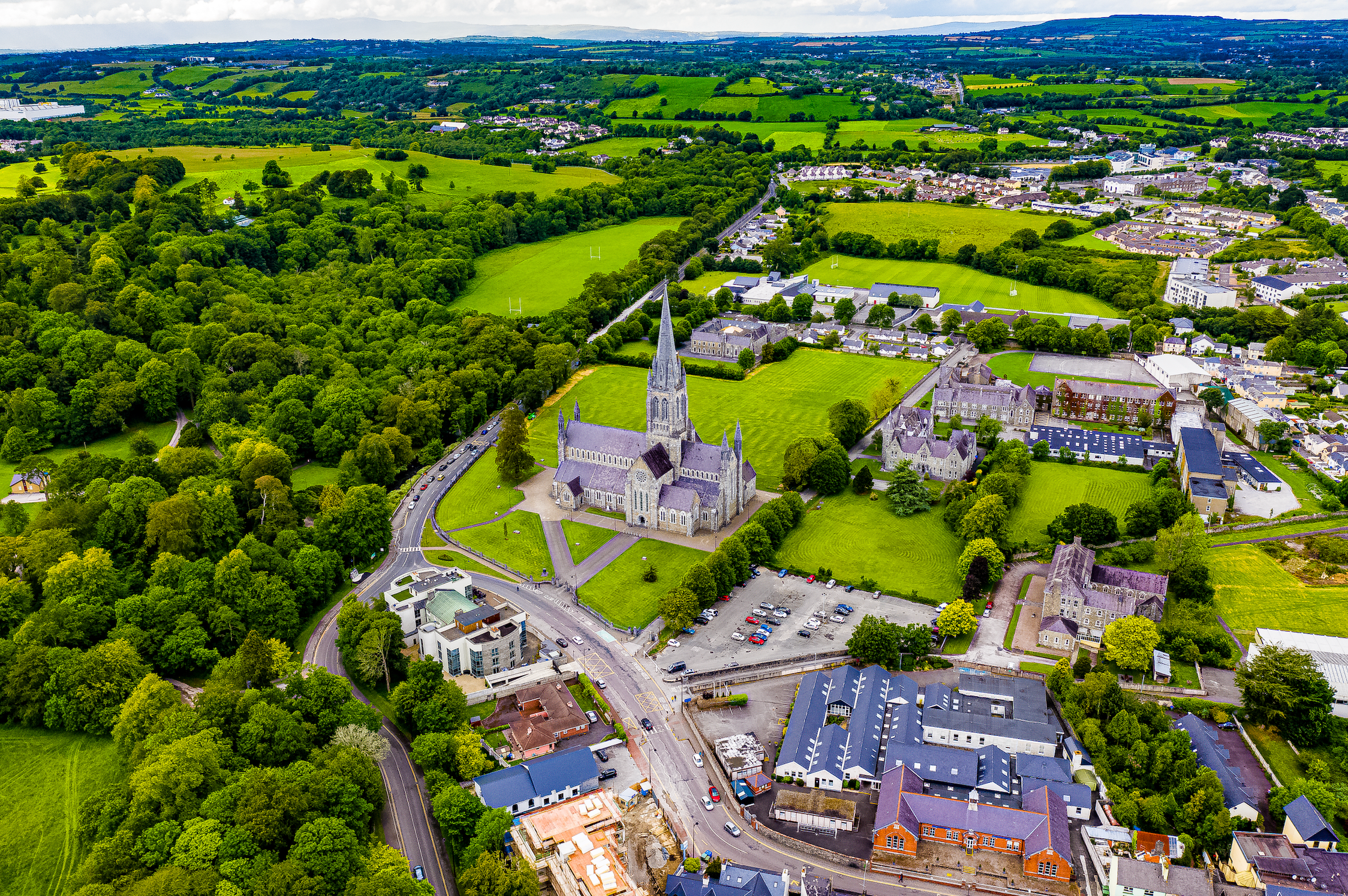
killarney
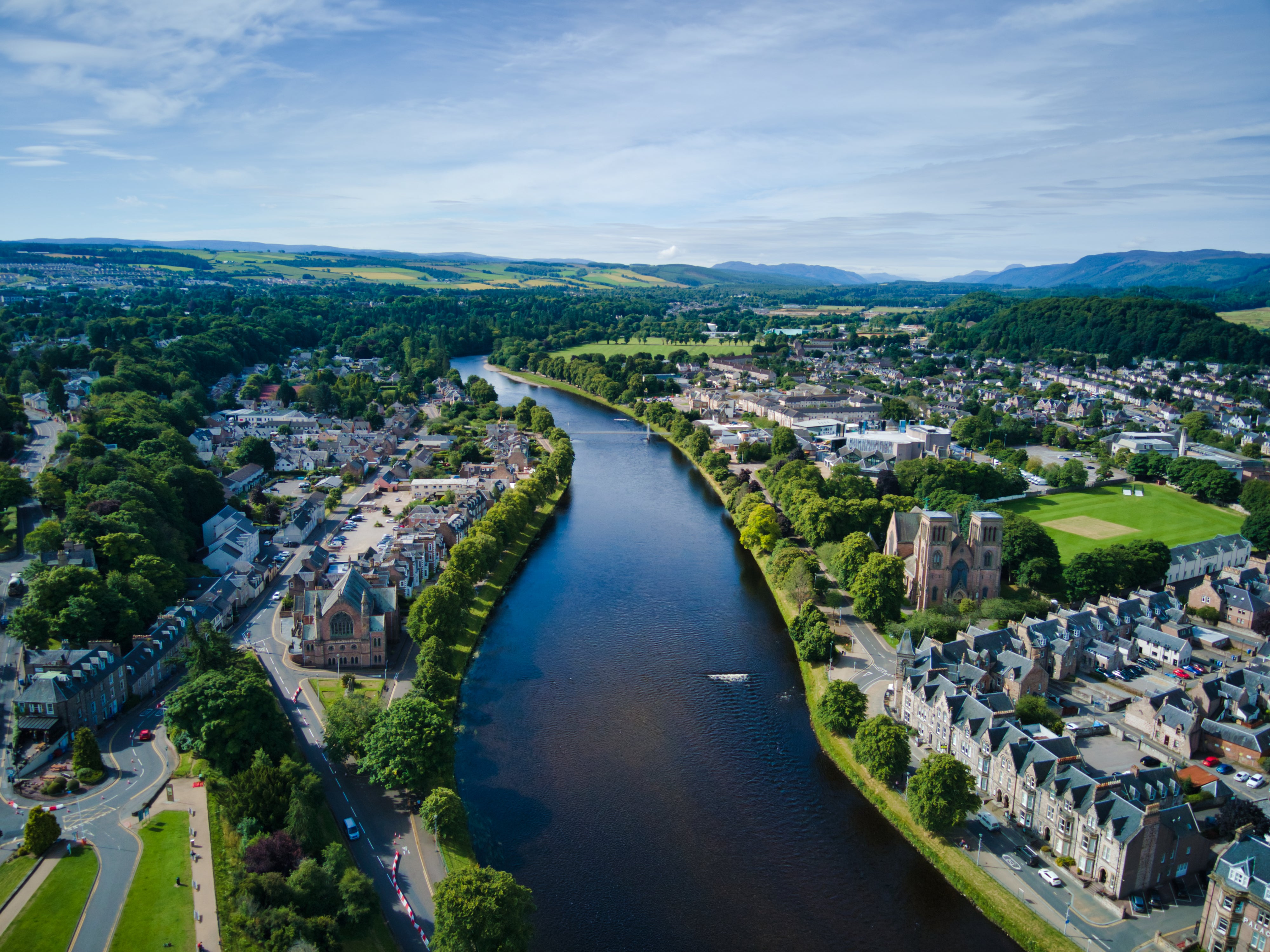
inverness
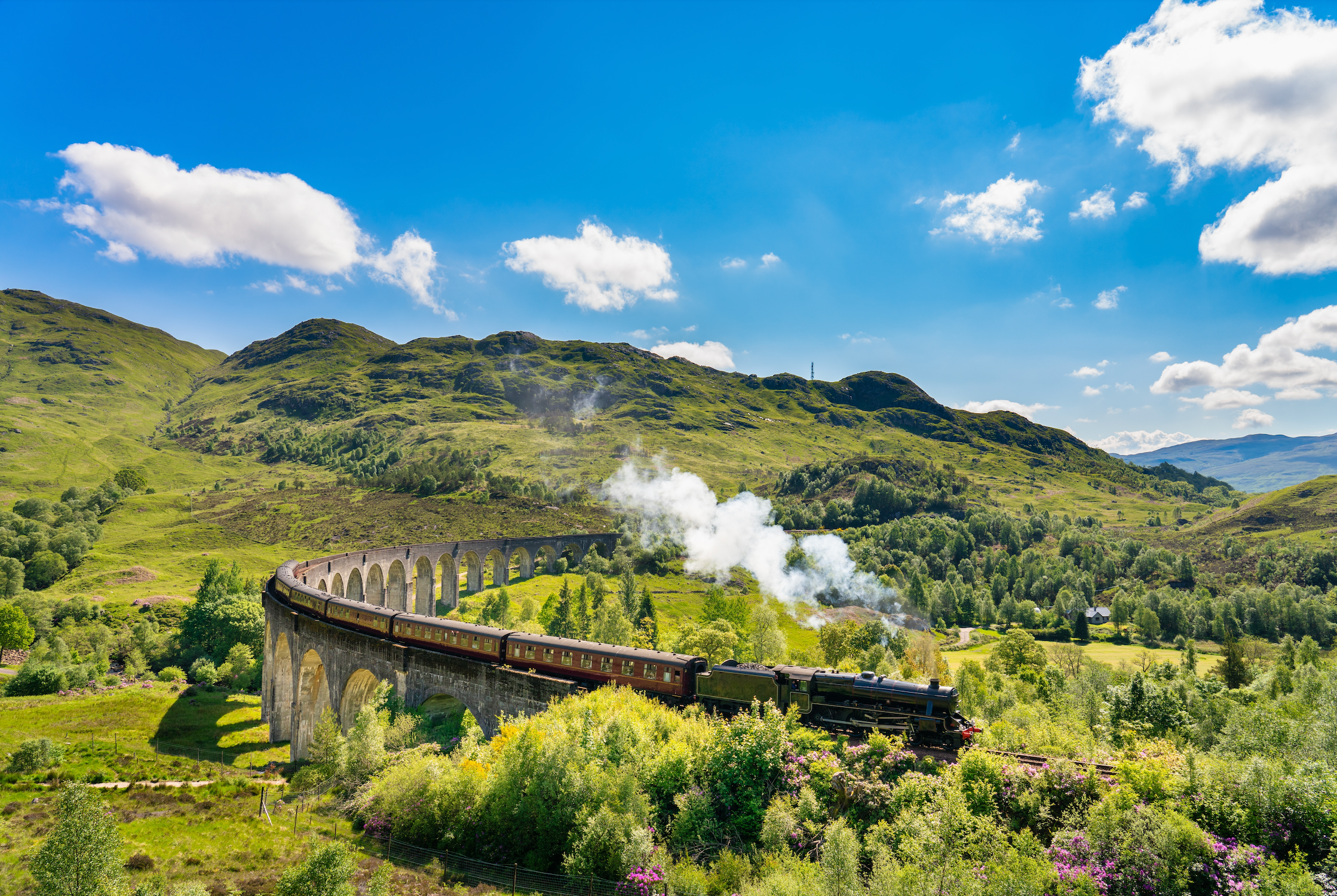
fort william
Pricing & Availability
| ROOM OCCUPANCY | SINGLE | DOUBLE | TRIPLE | QUADRUPLE |
|---|---|---|---|---|
| Per Person | (Not available) | $7,180 | (Not available) | (Not available) |
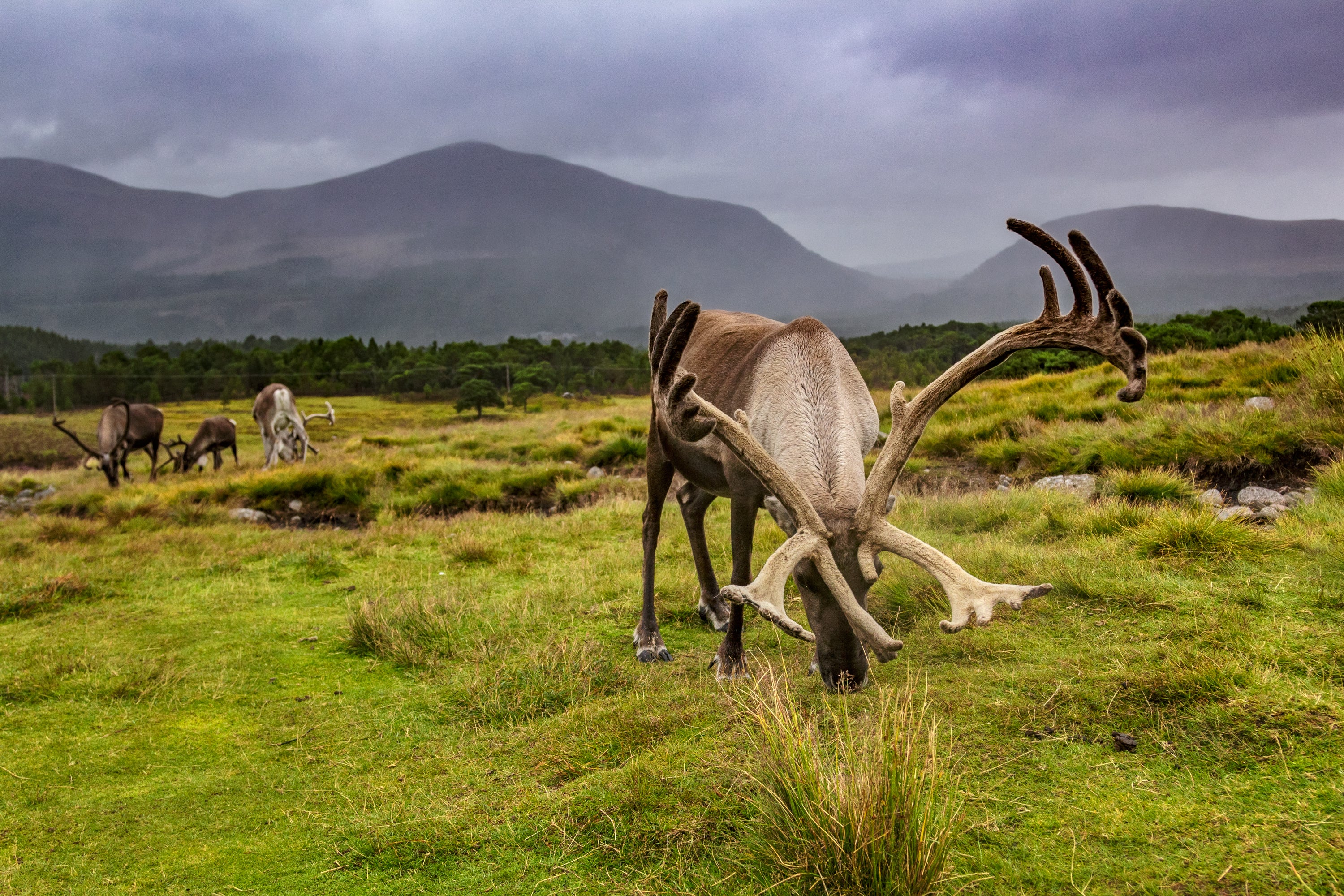
Gallery
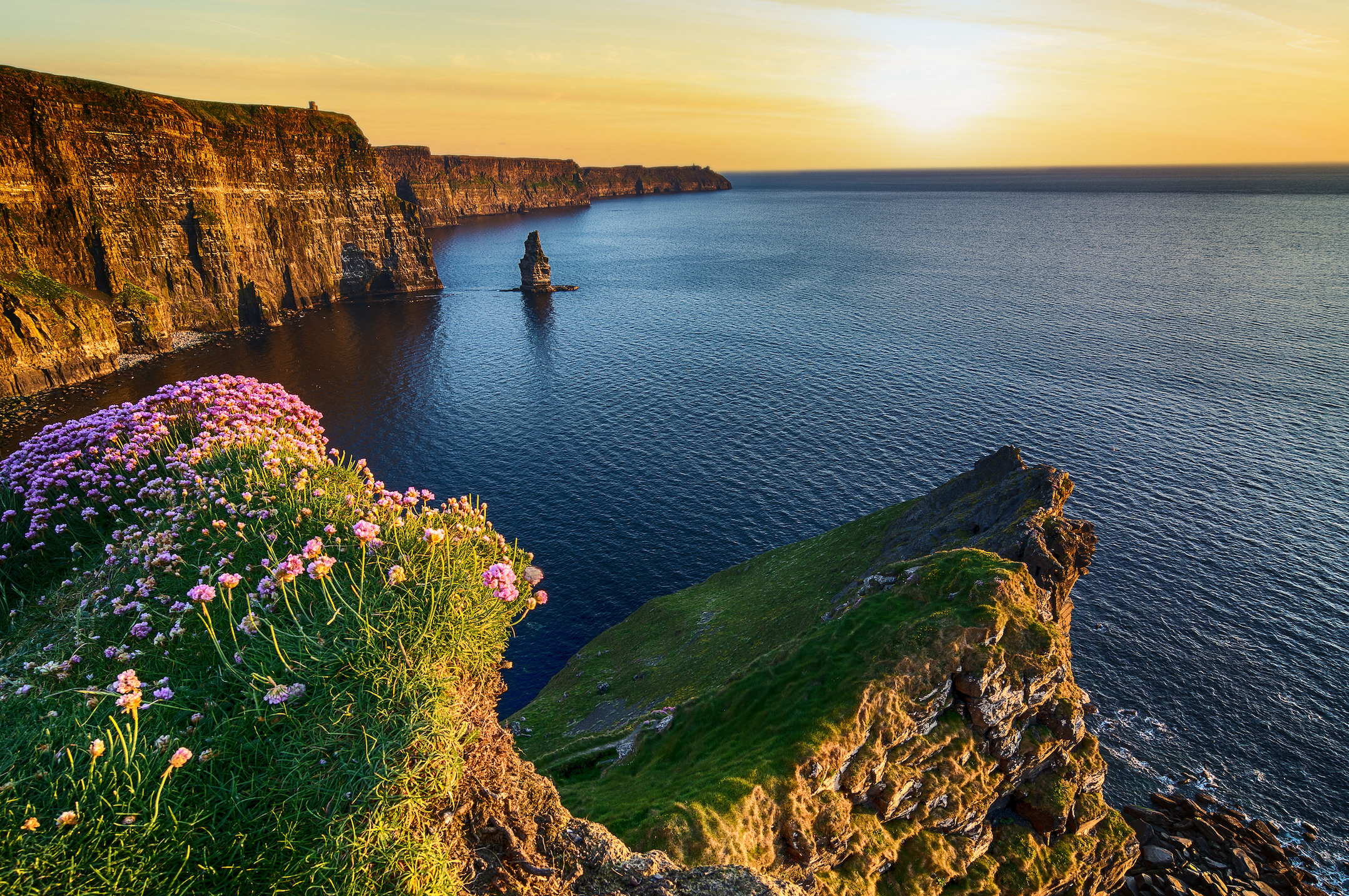


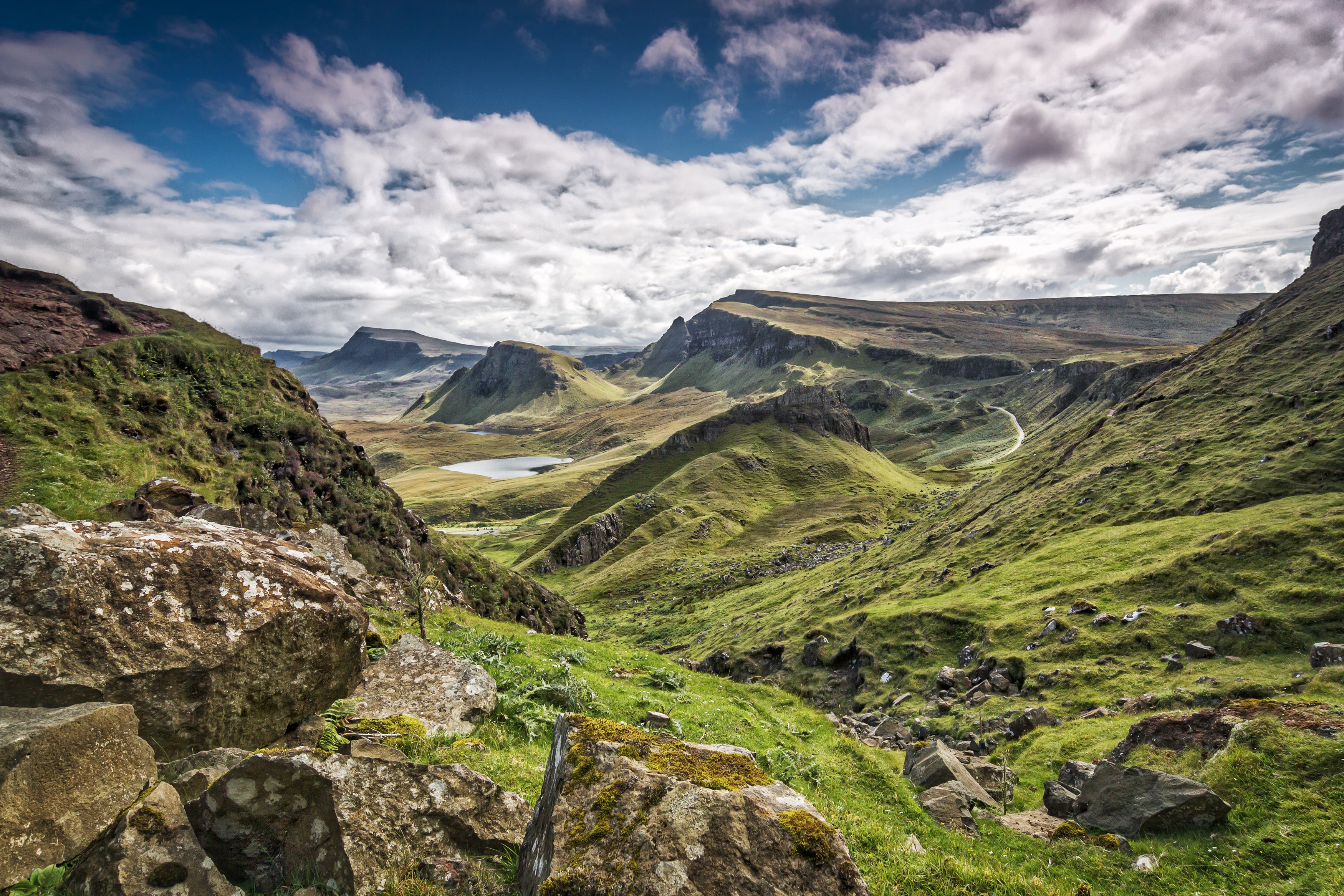
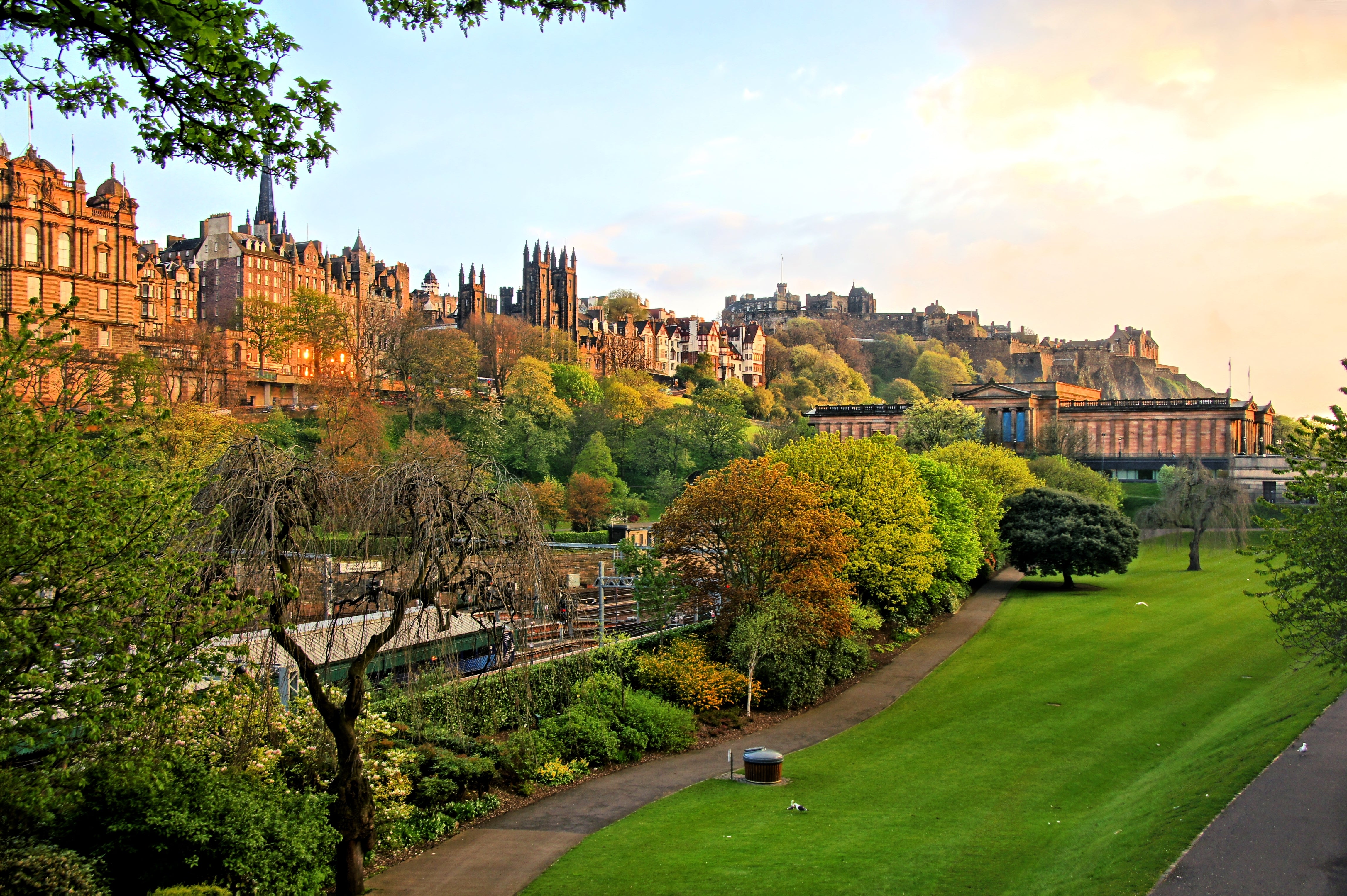
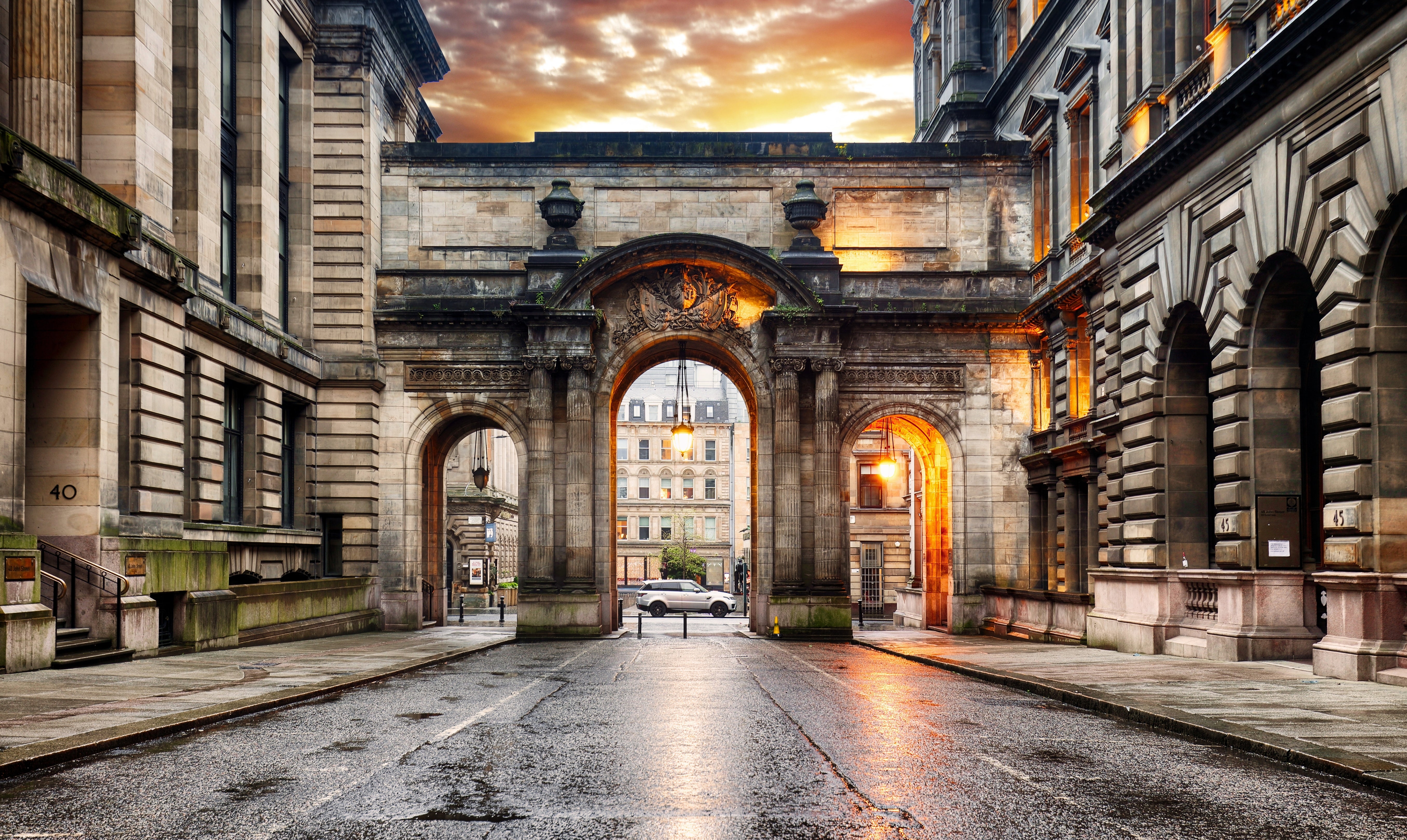
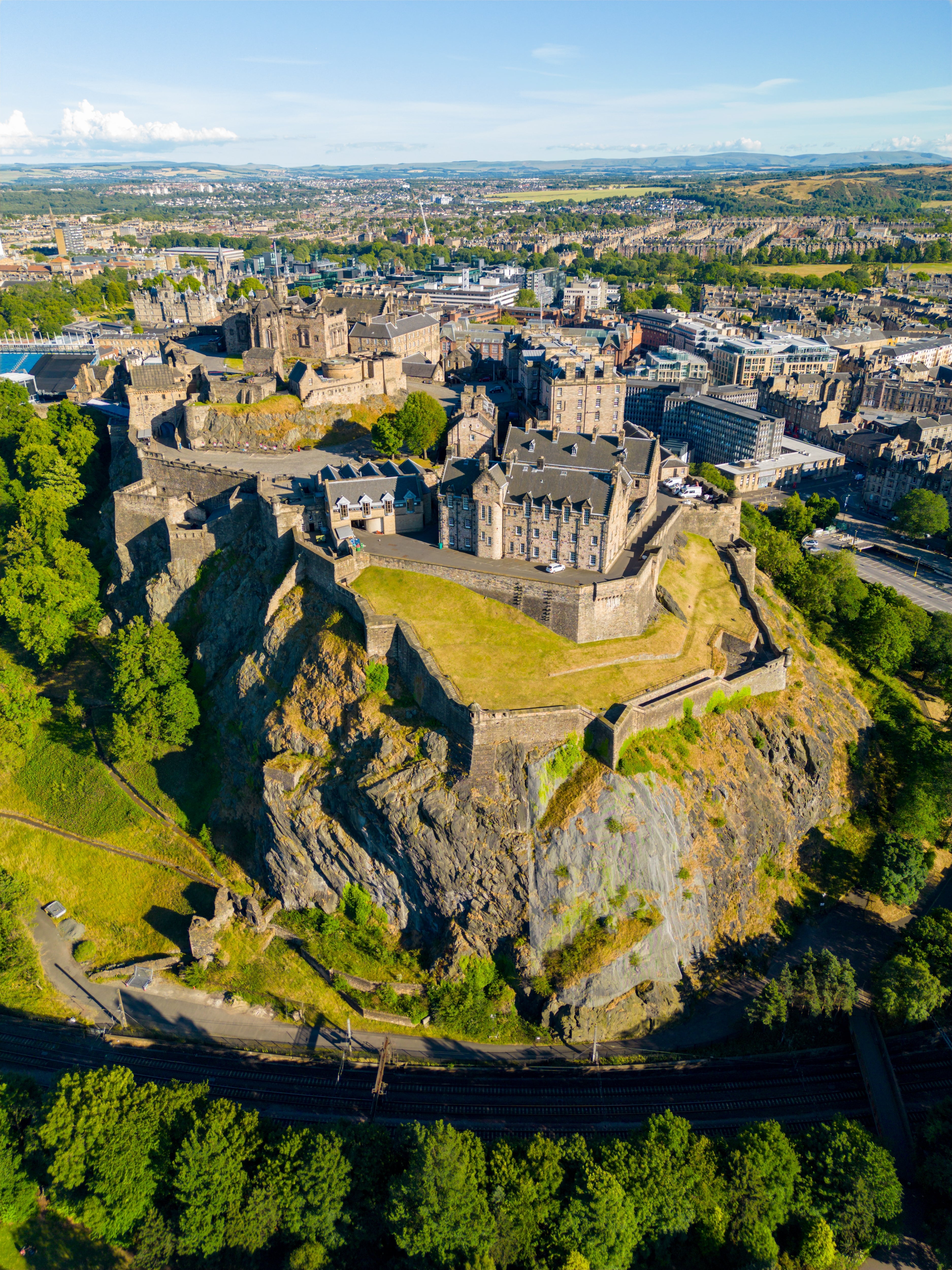
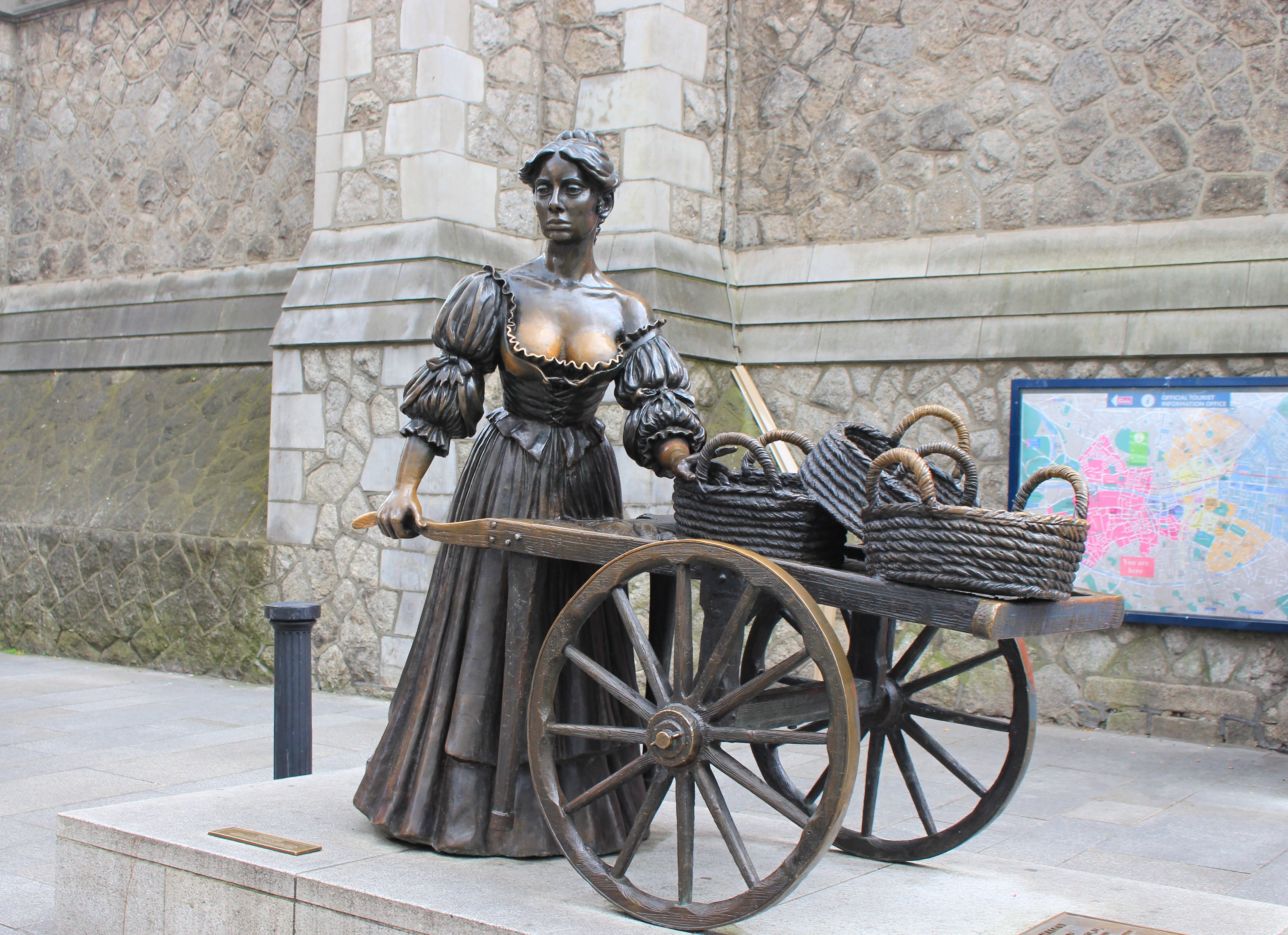
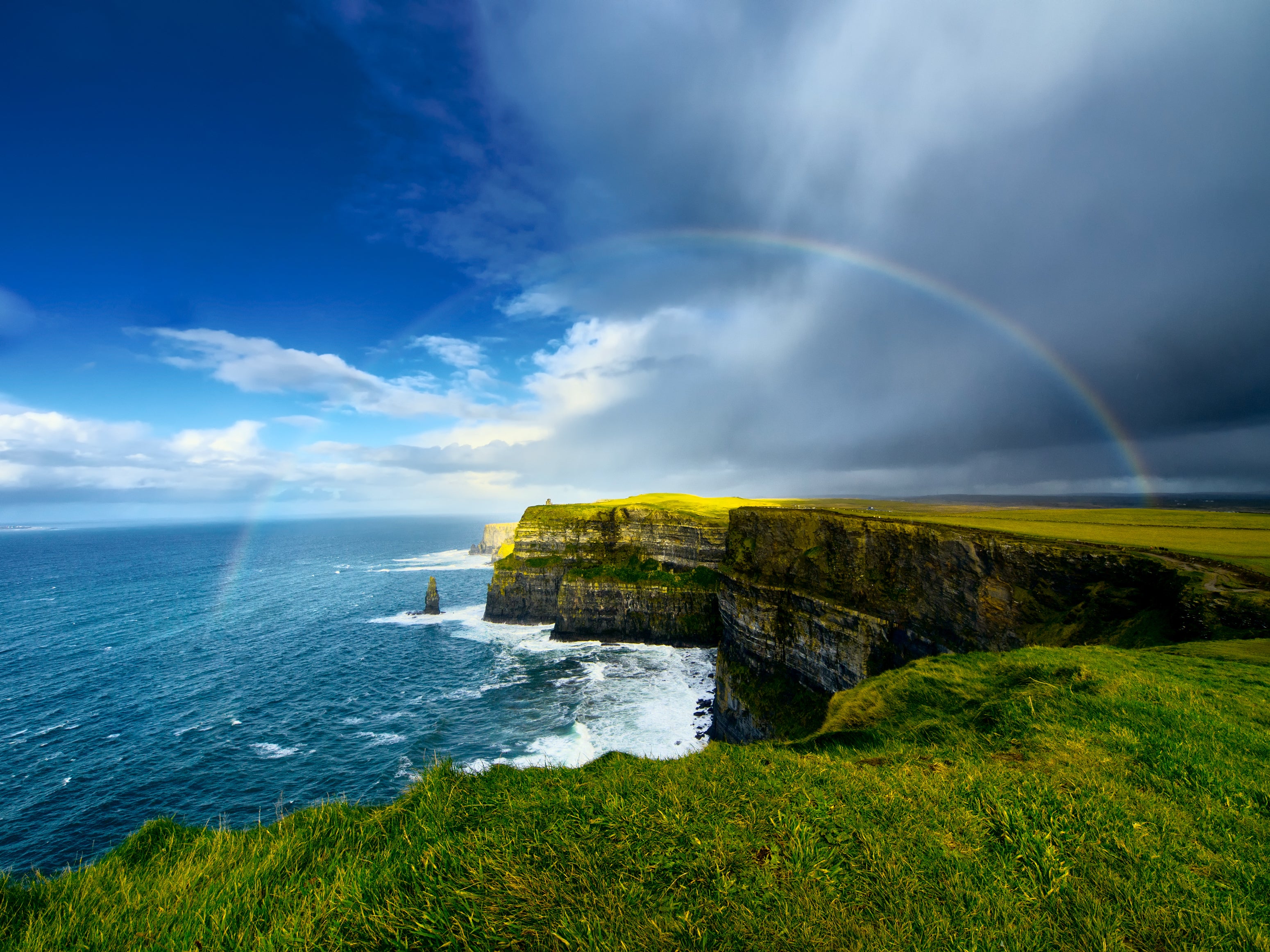
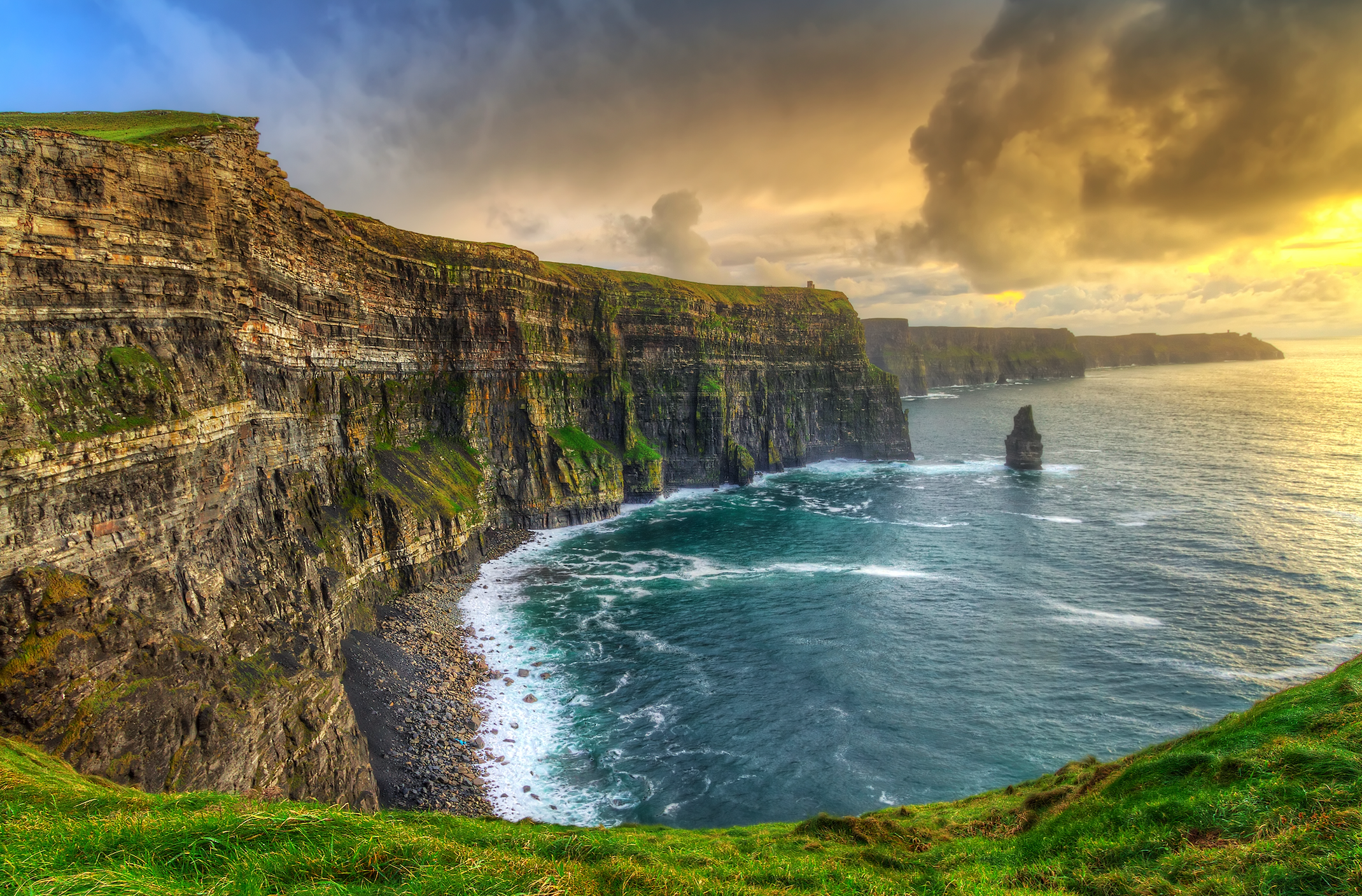
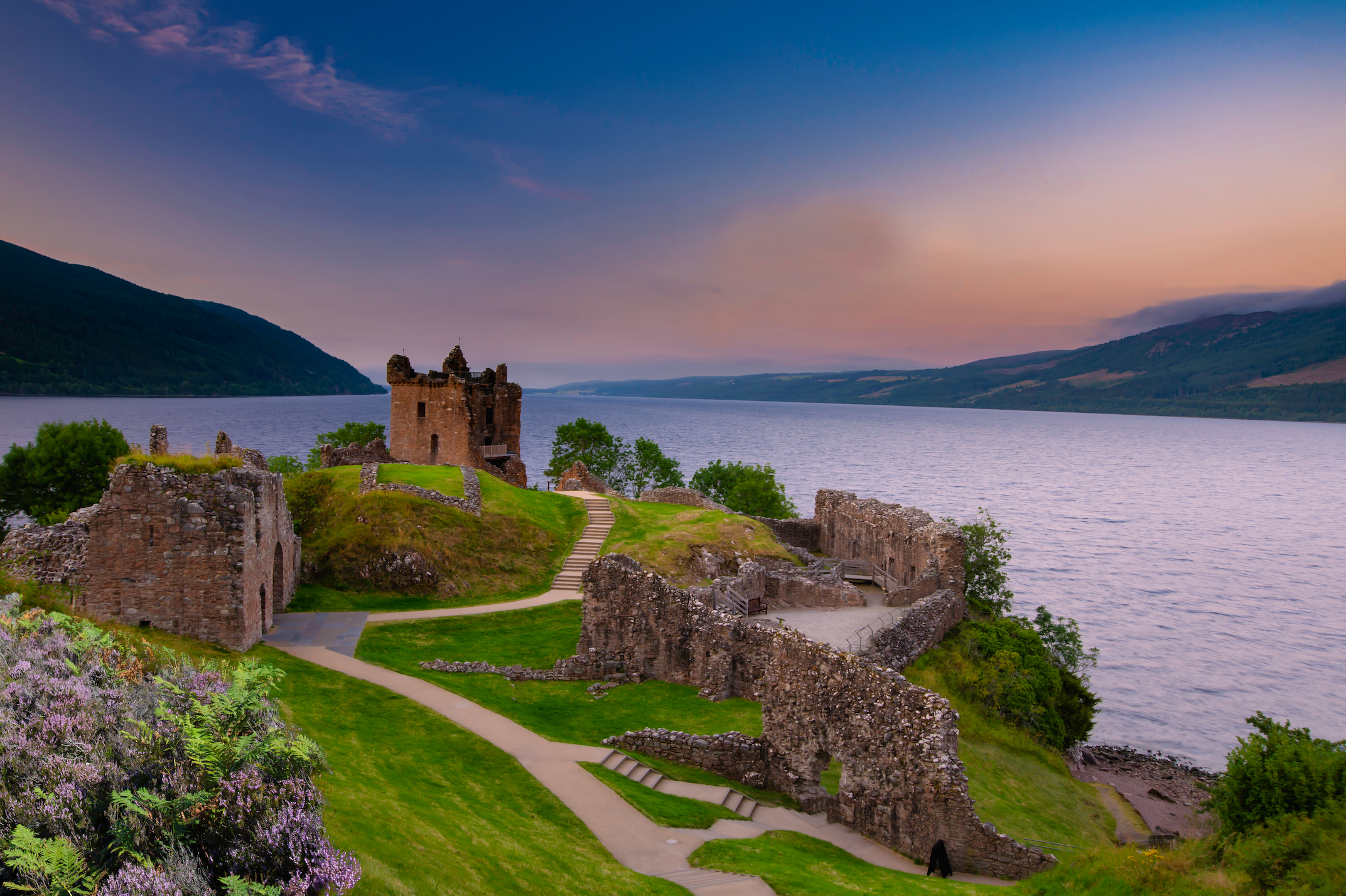

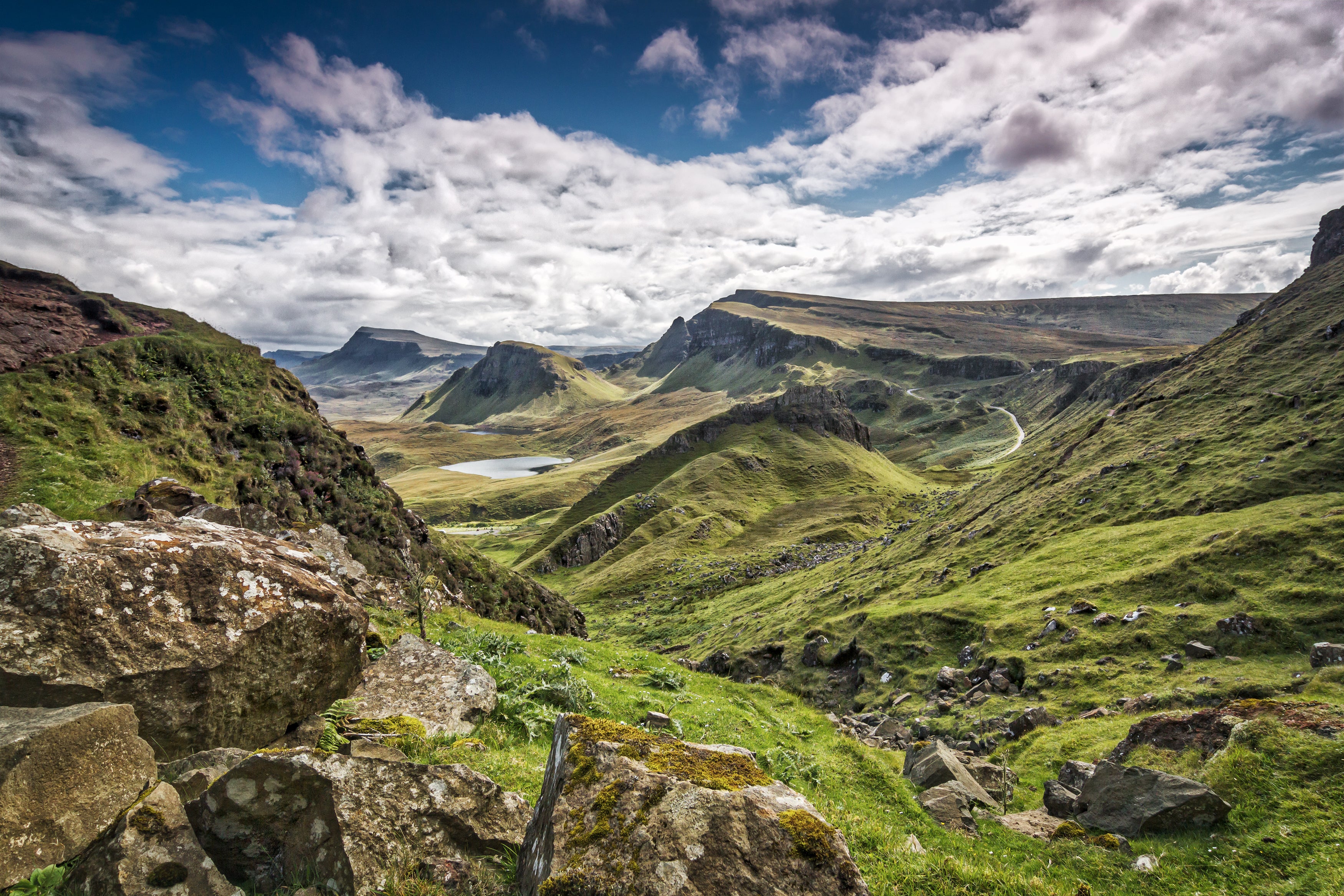
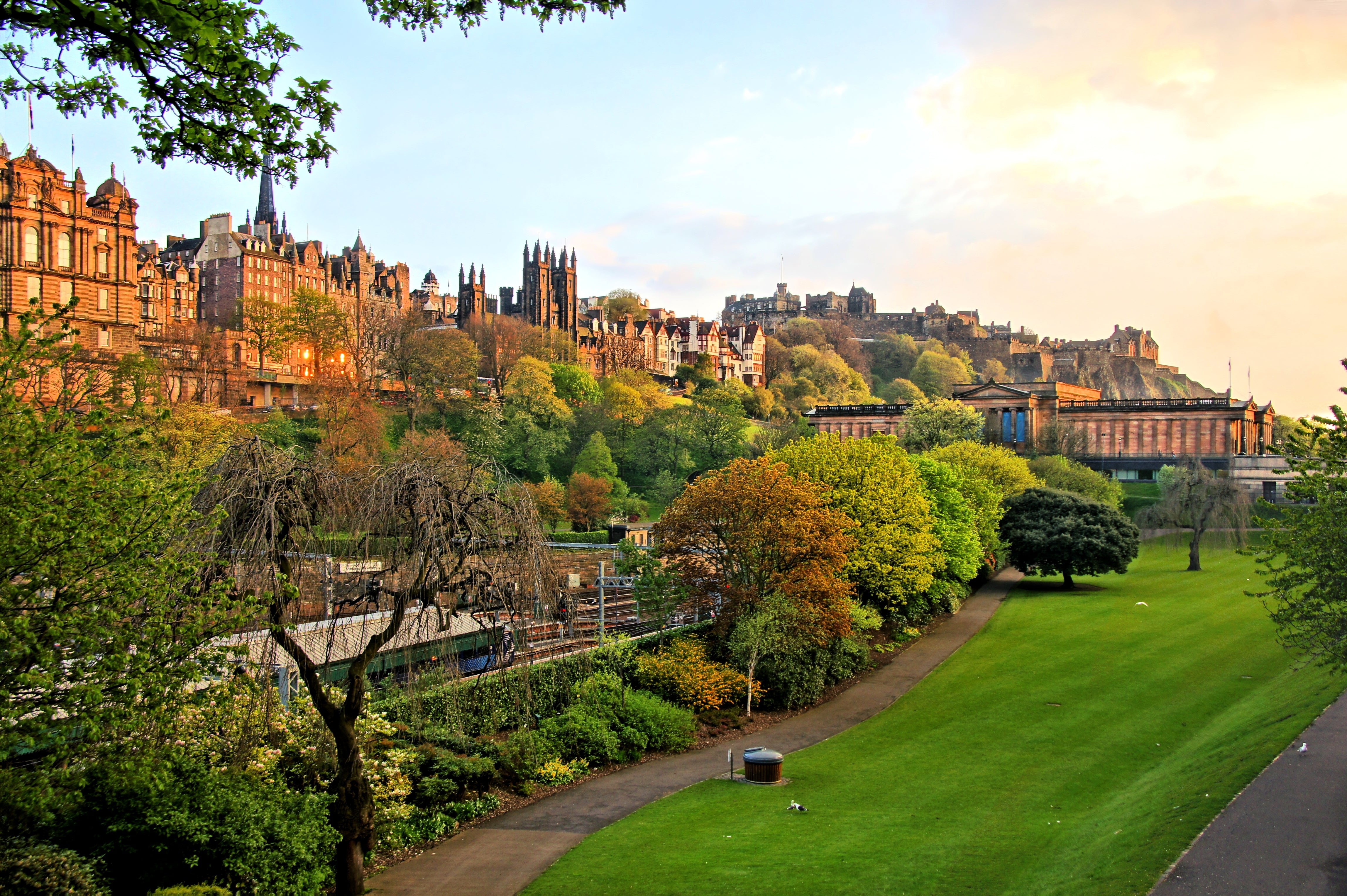
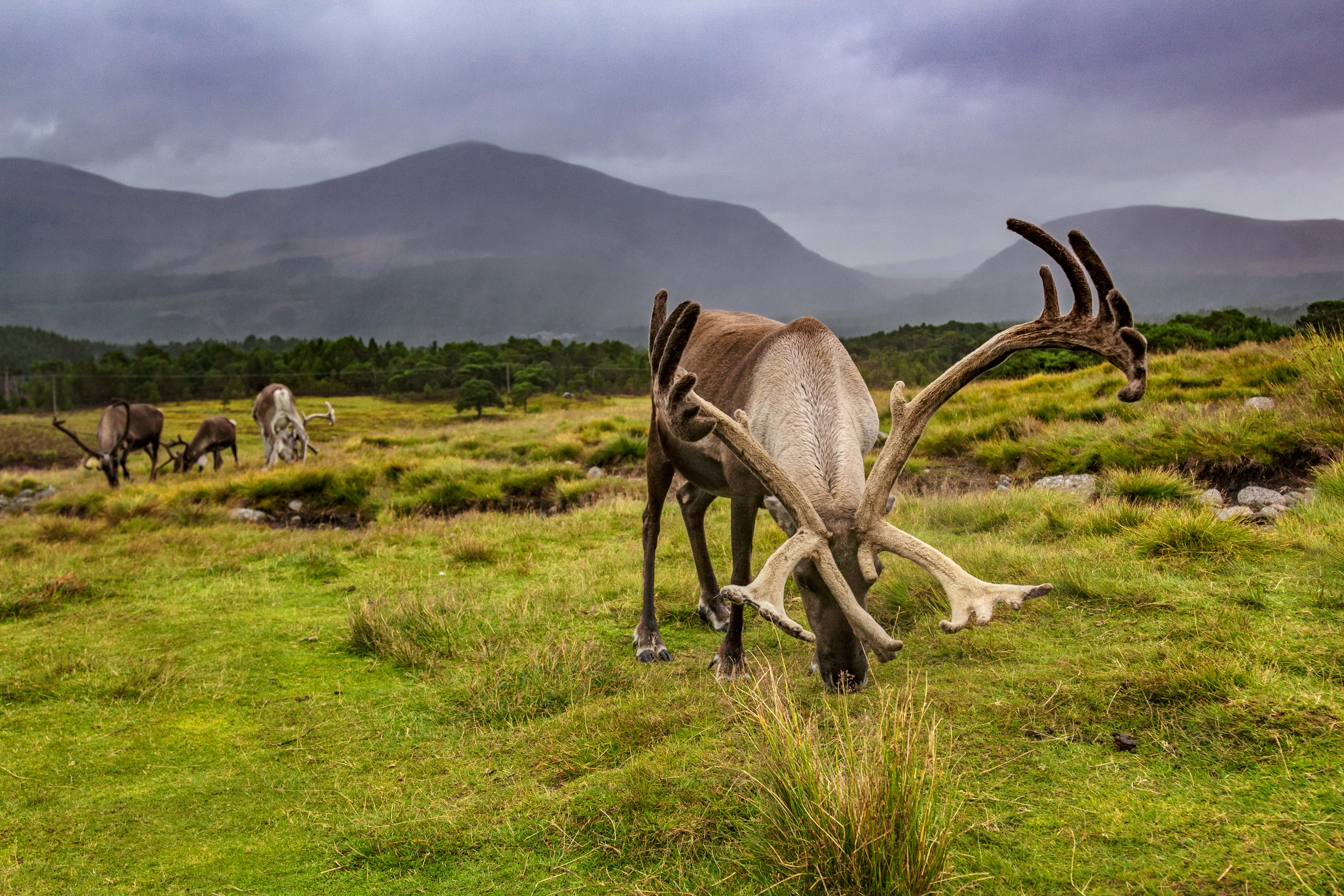
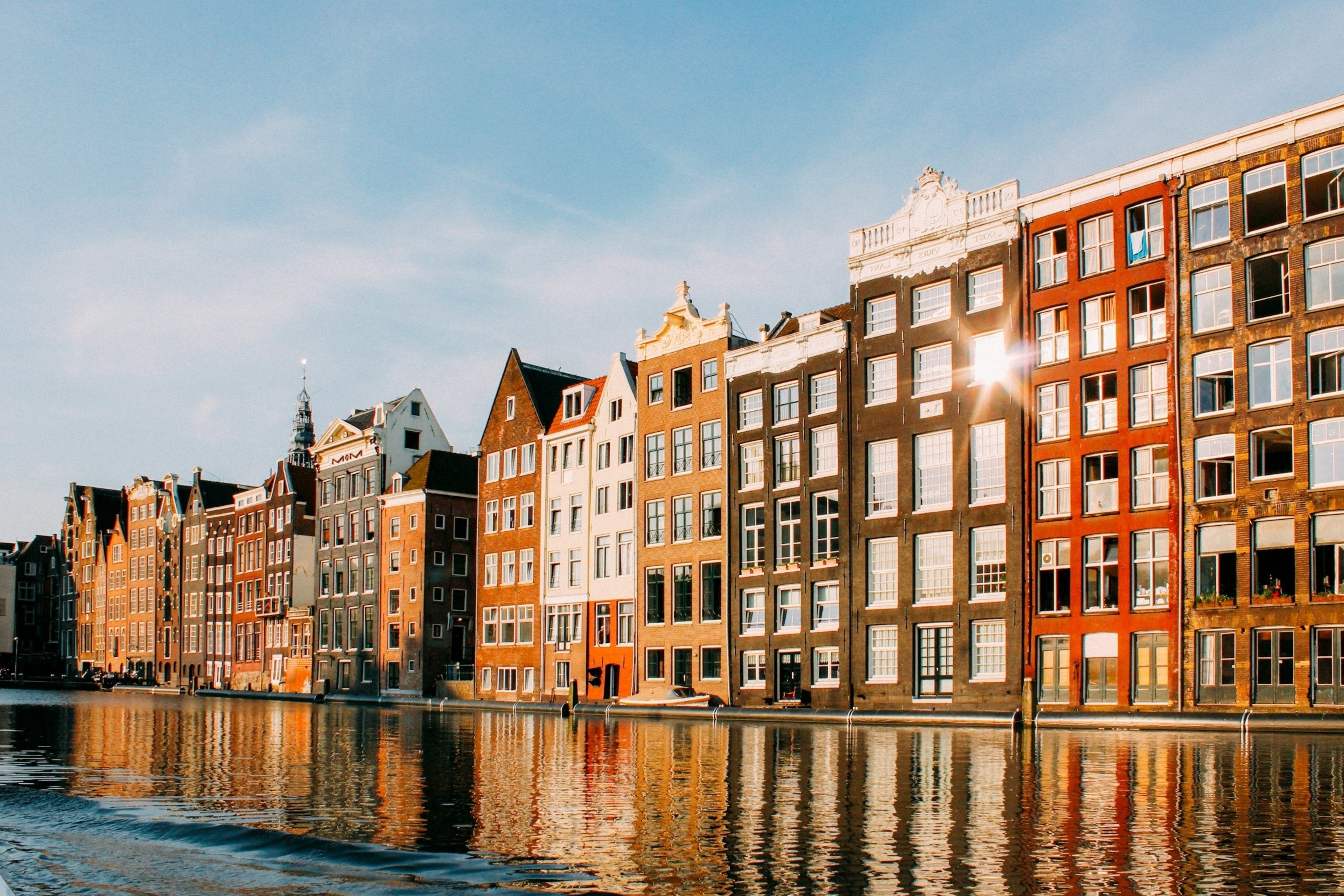
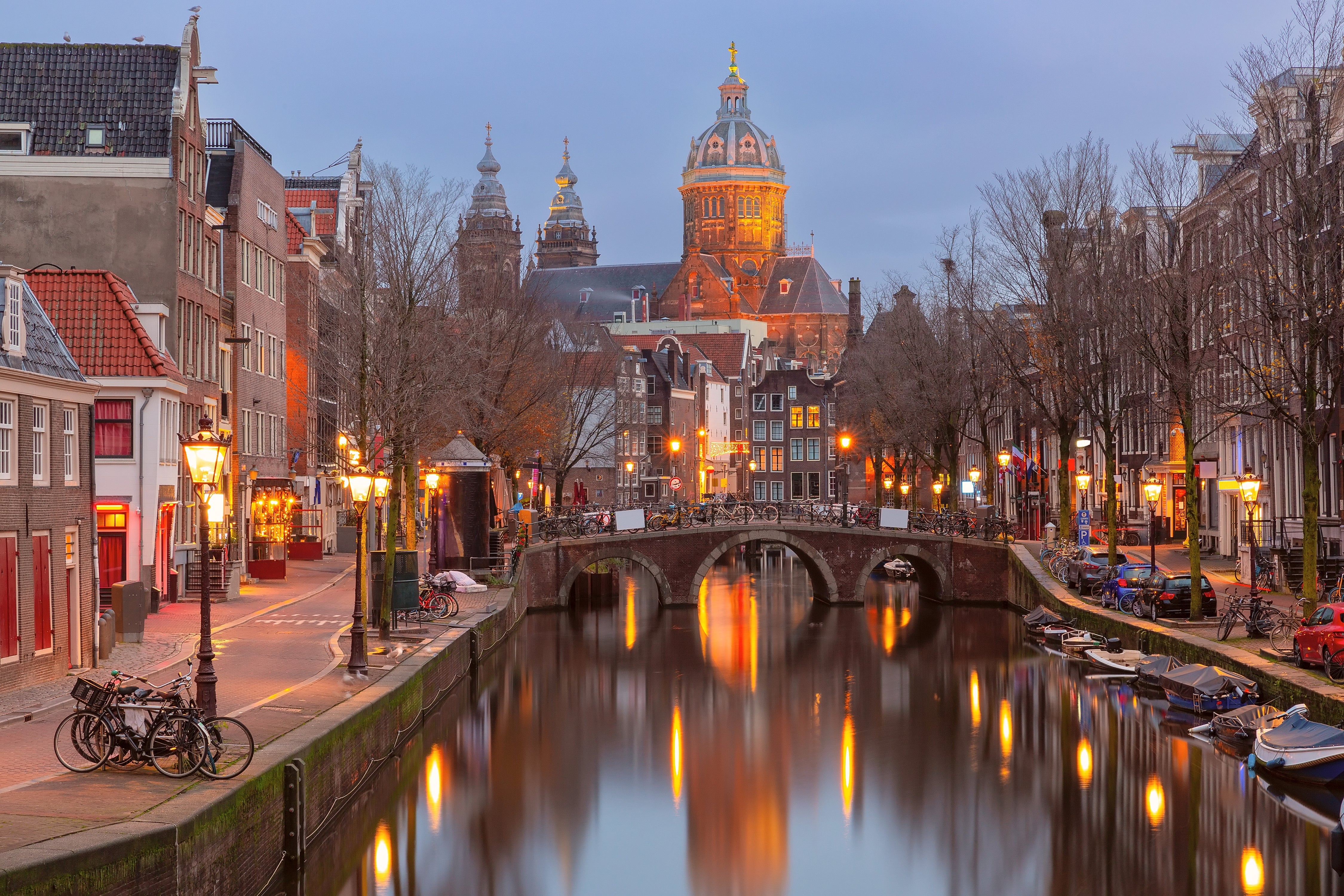
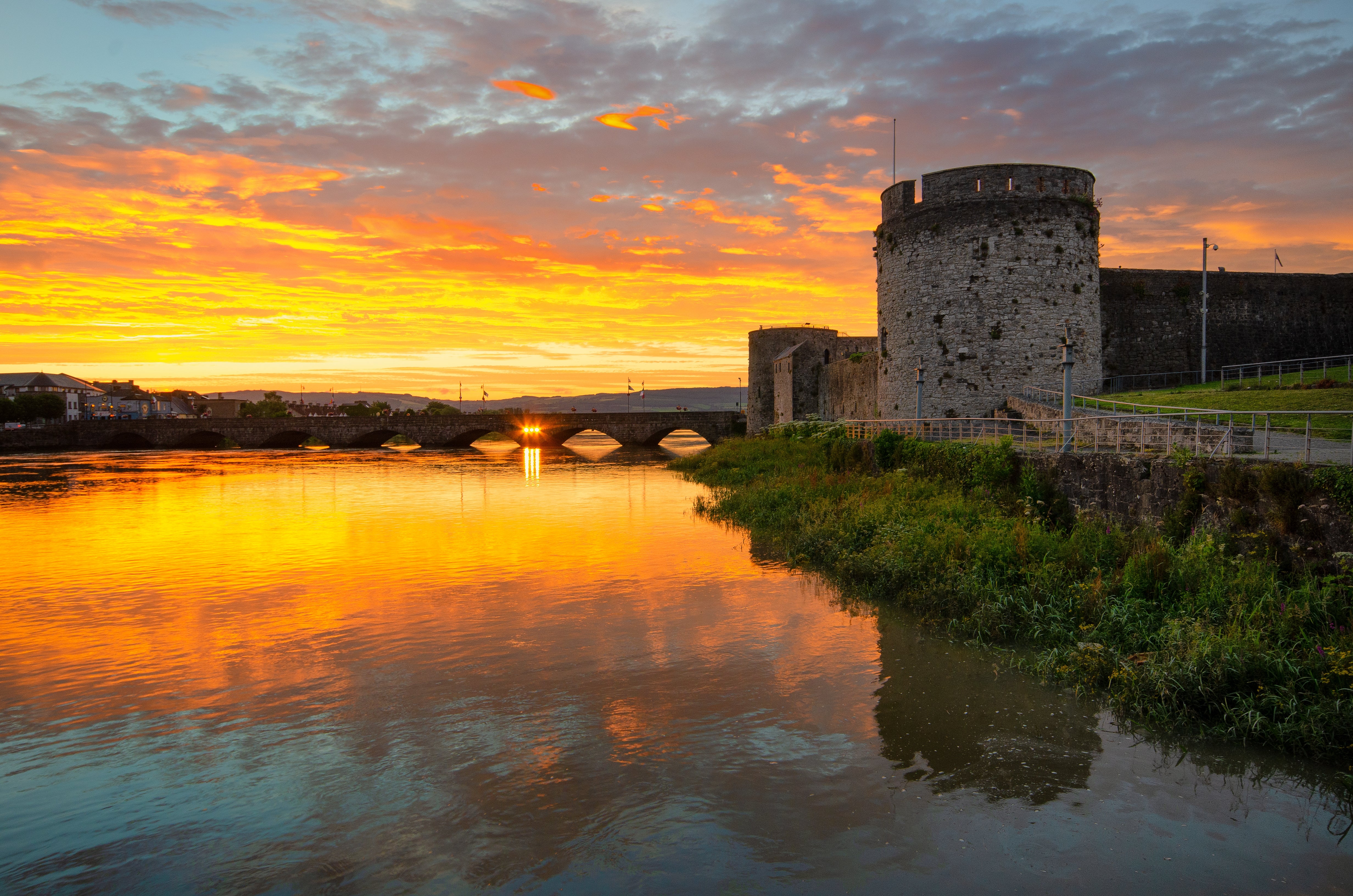
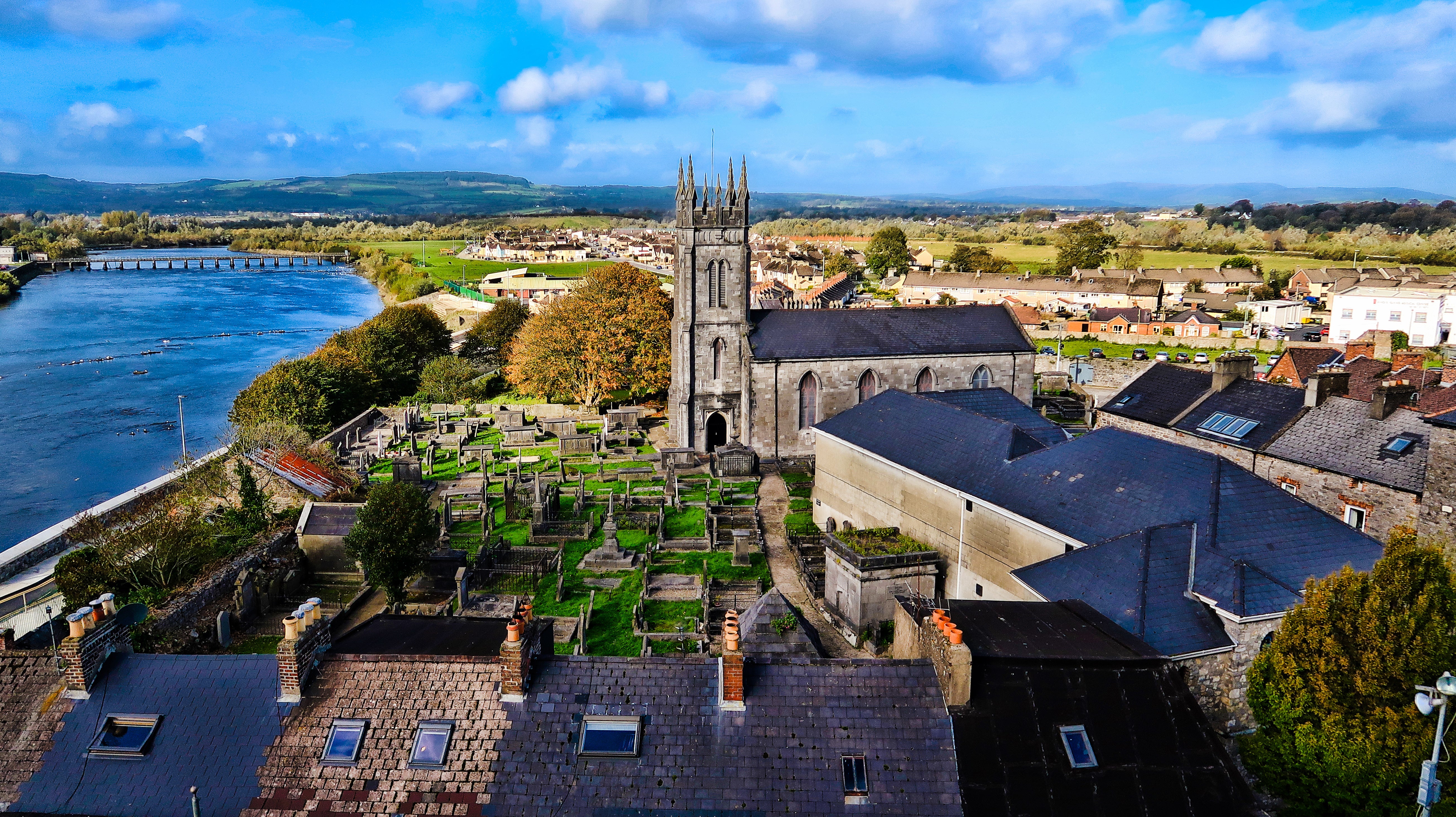

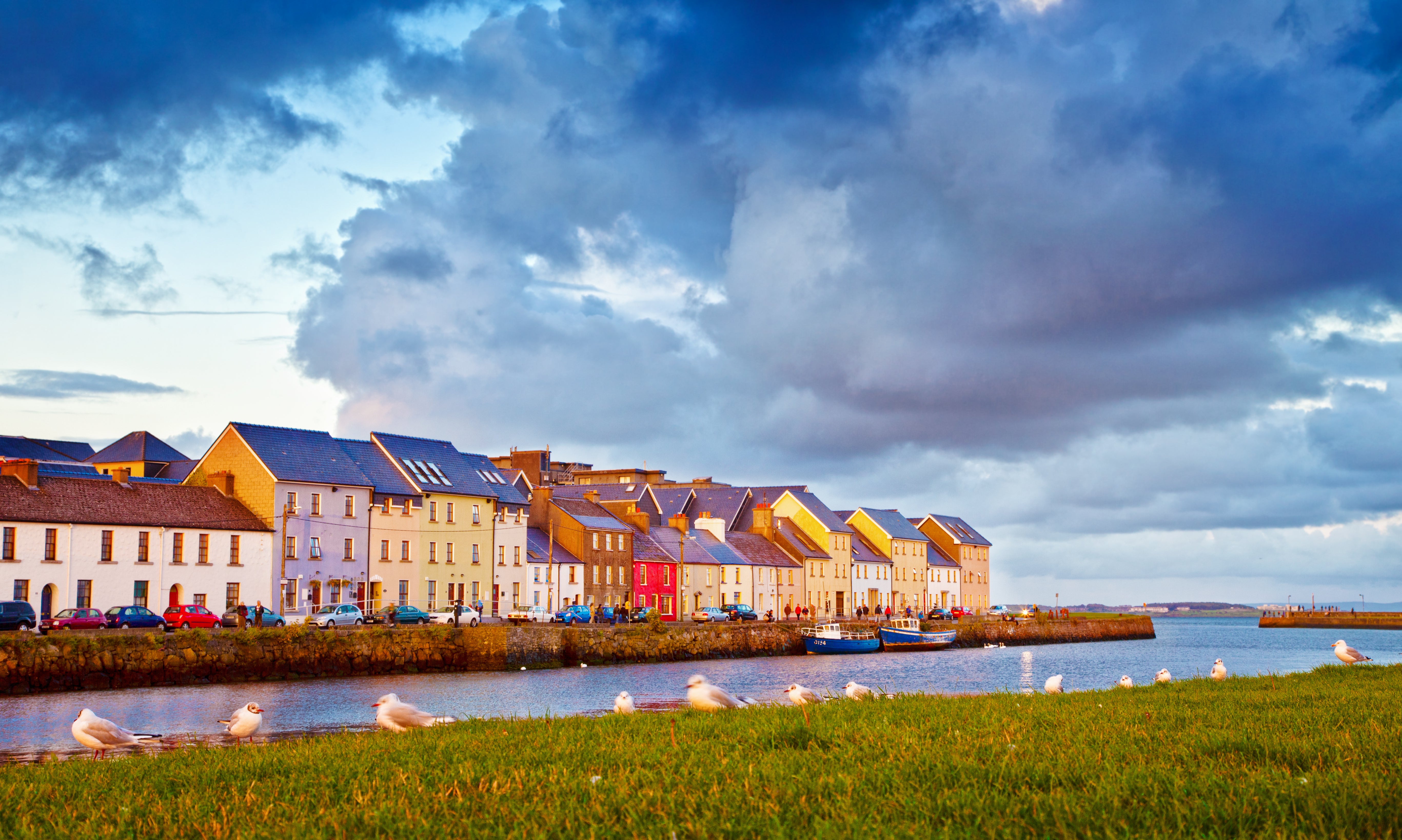
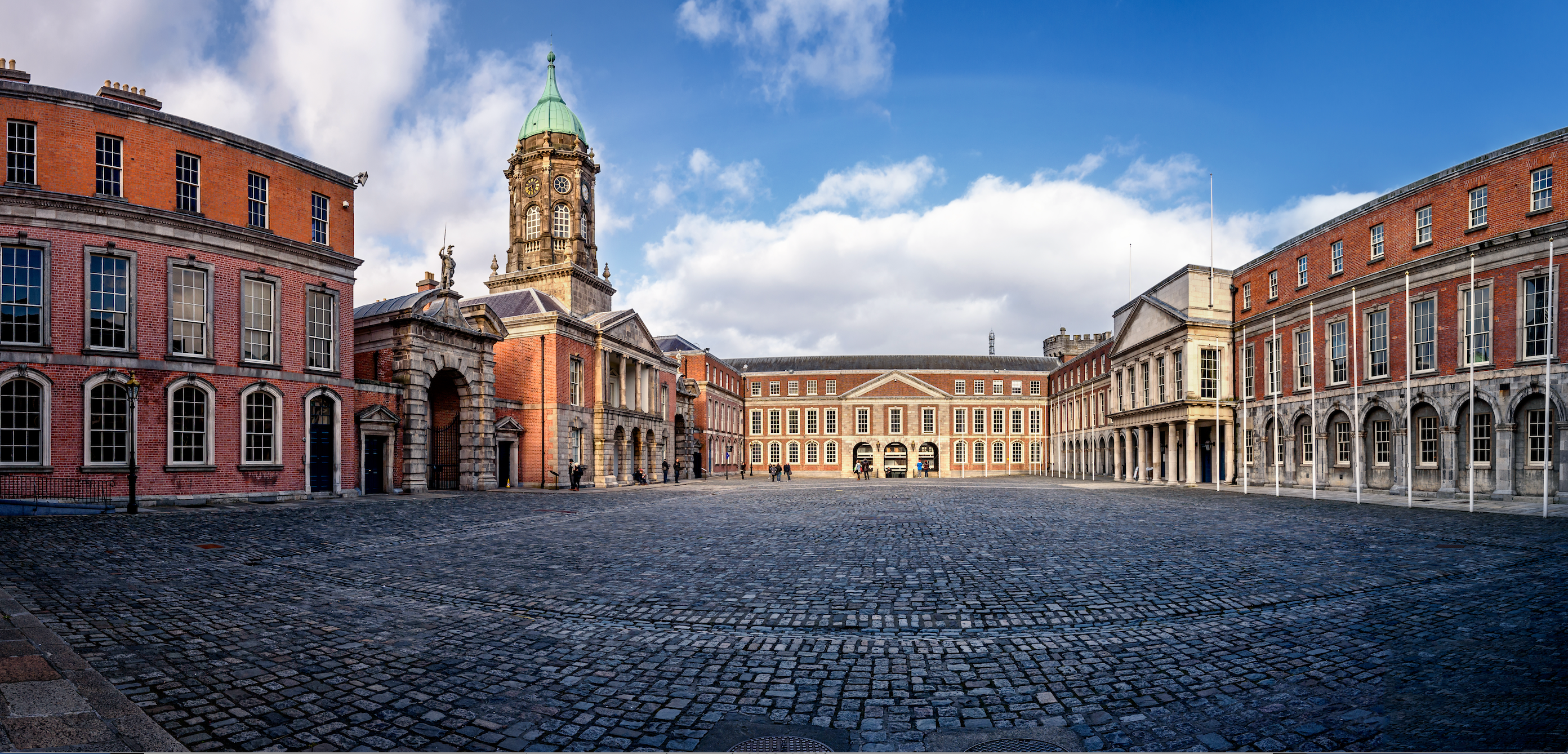

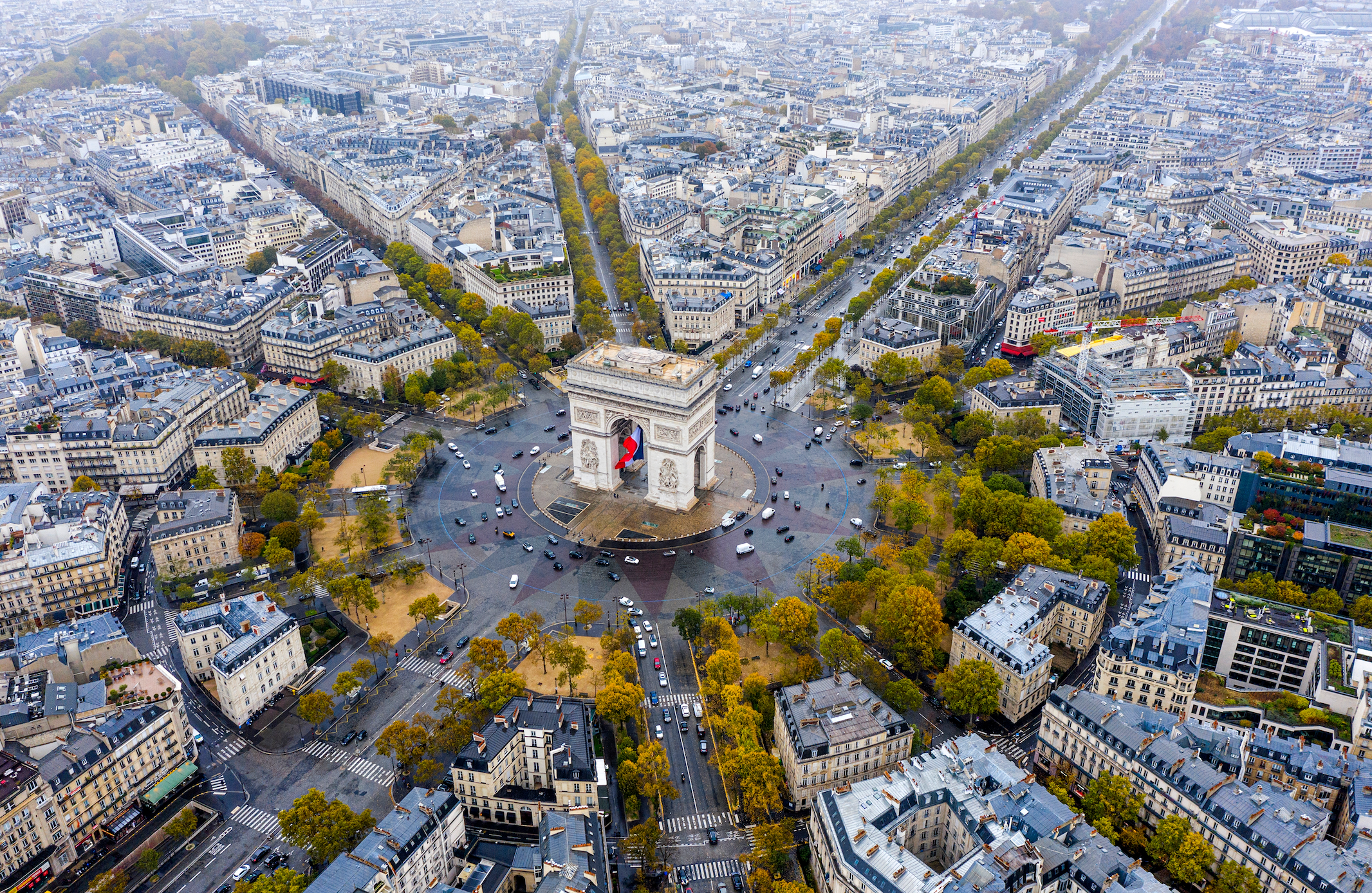




Itinerary
Accommodations
Airfare & Transportation
If you need airfare included for your guided tour please contact us today and we will be able to provide you with airfare accommodations. If you contact us about airfare the price of your guided tour will very so we will get back to you within 24-48 hours. Please note that the following flight schedule is tentative and is for basic economy class. Once group spaces are filled, we will email you your confirmed flight itinerary along with the airline confirmation number.
Flight Number
EI 521 (1 Hour 55 Minutes)
EI 3252 (1 Hour 20 Minutes)
Departing
Paris Charles de Gaulle Airport (CDG) October 21, 2026 10:10 AM
Dublin Airport (DUB) October 29, 2026 10:10 AM
Arrival
Dublin Airport (DUB) October 21, 2026 11:05 AM
Edinburgh Airport (EDI) October 29, 2026 11:30 AM
Tour Activities
Happy Clients, Happy Us




















